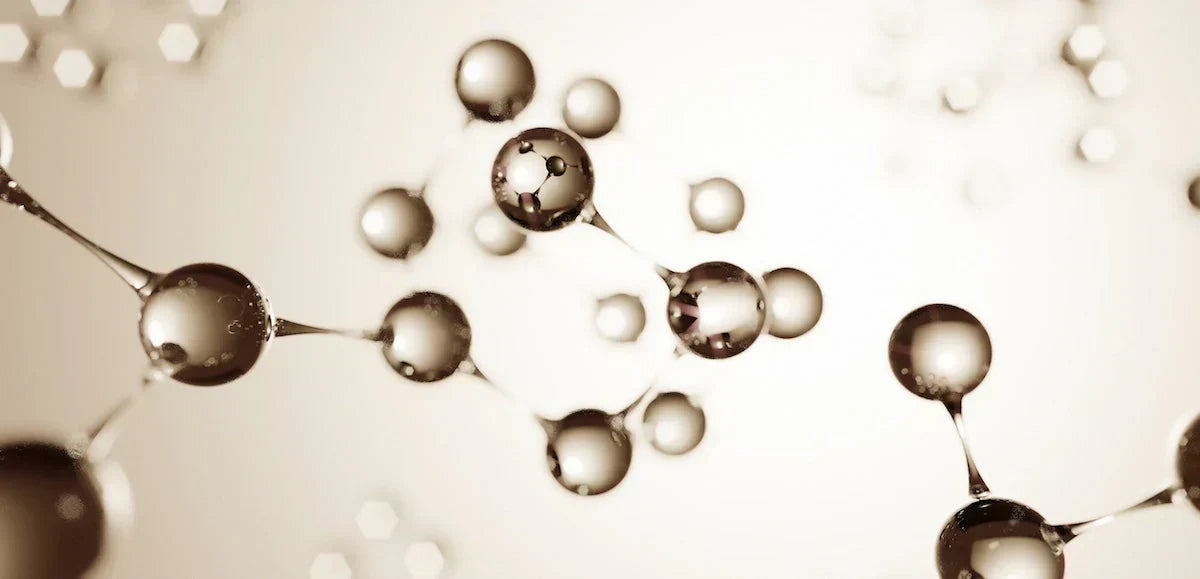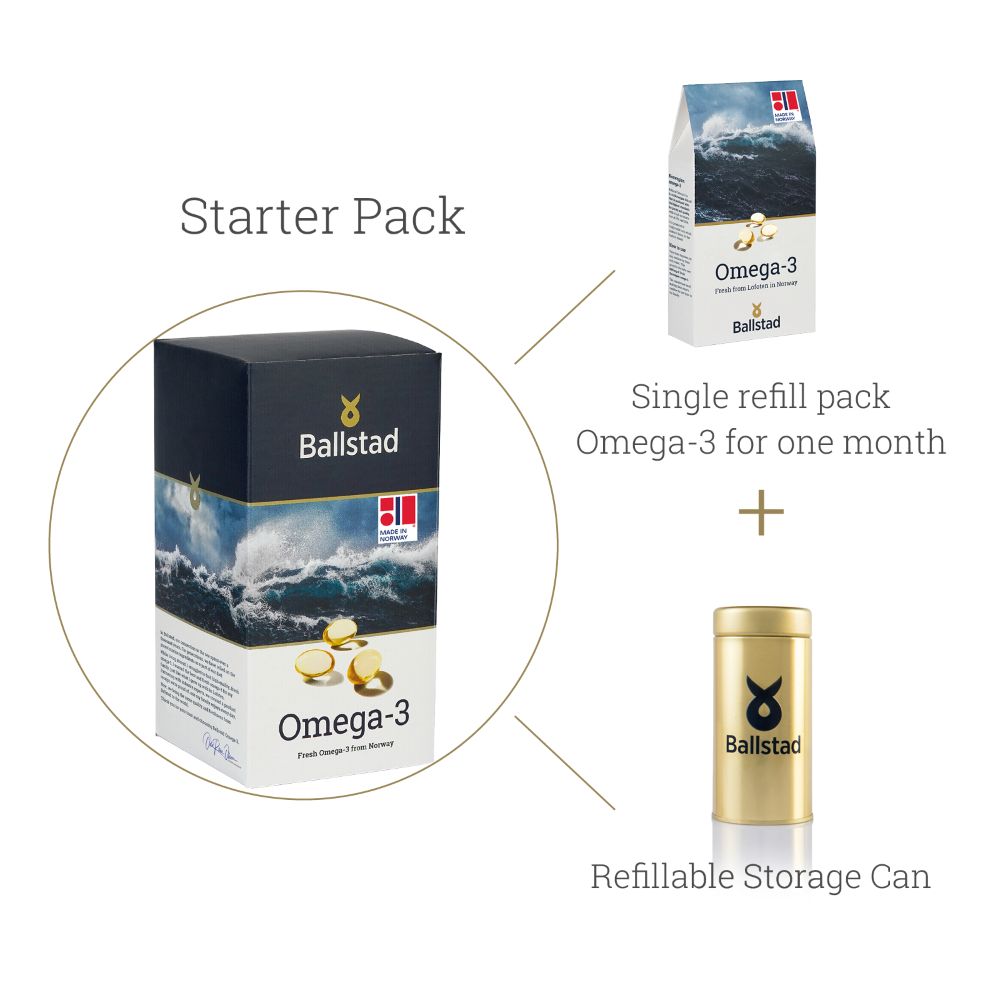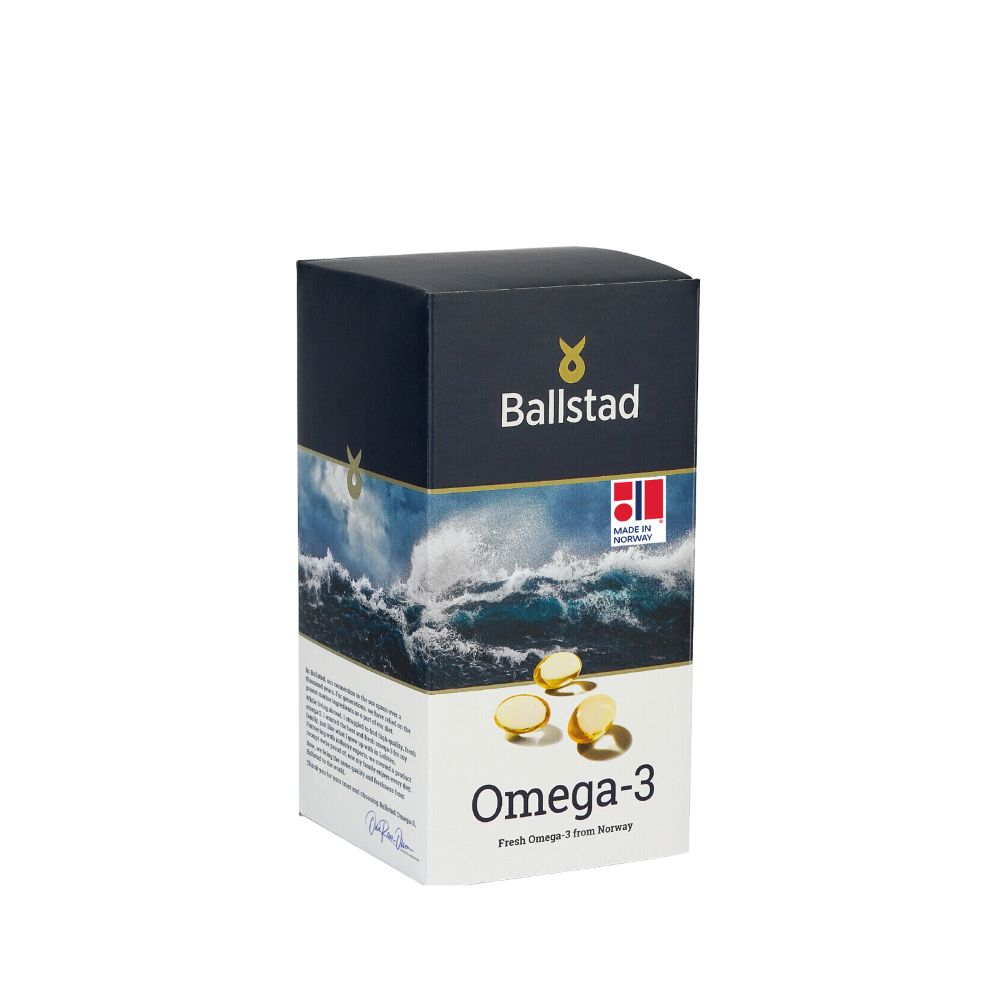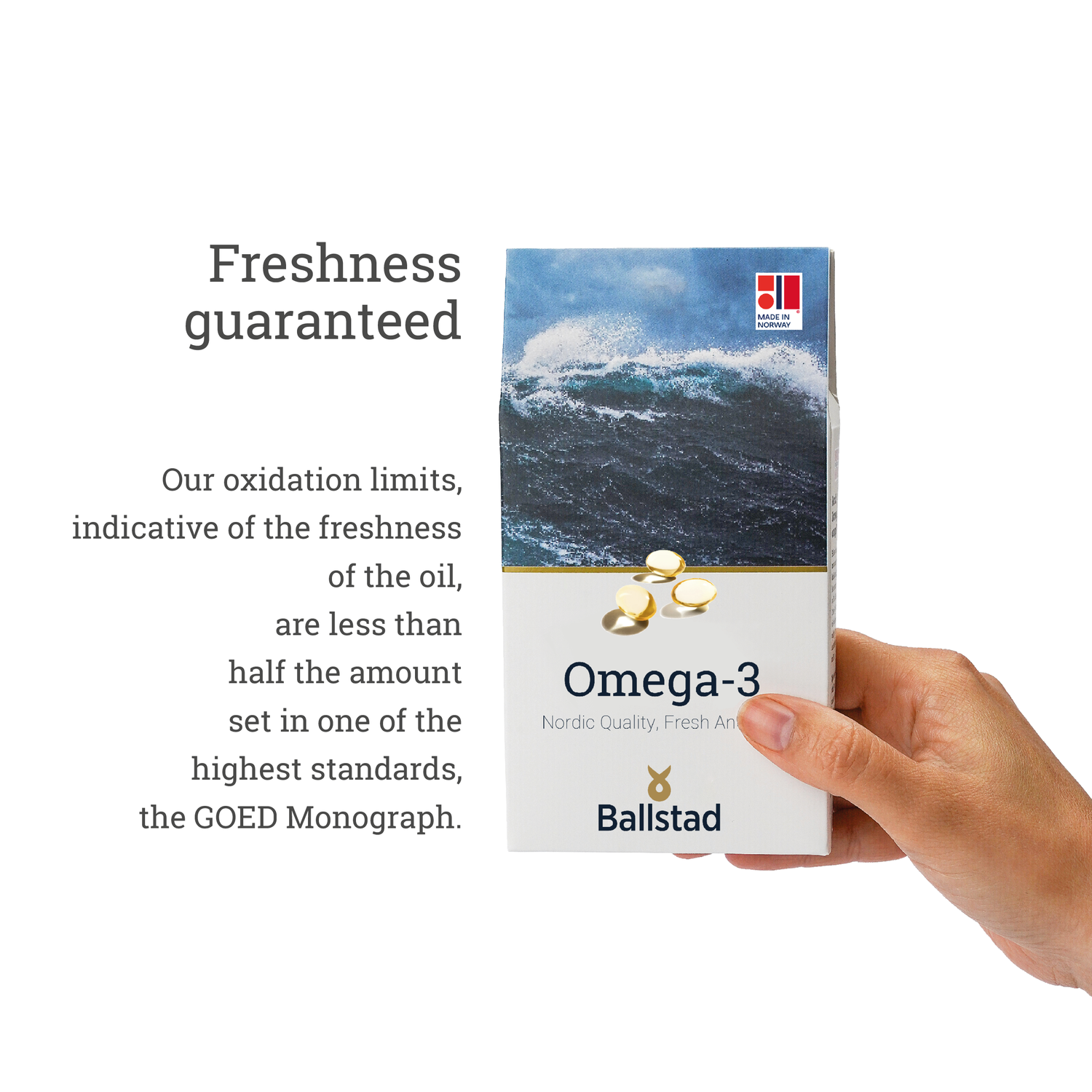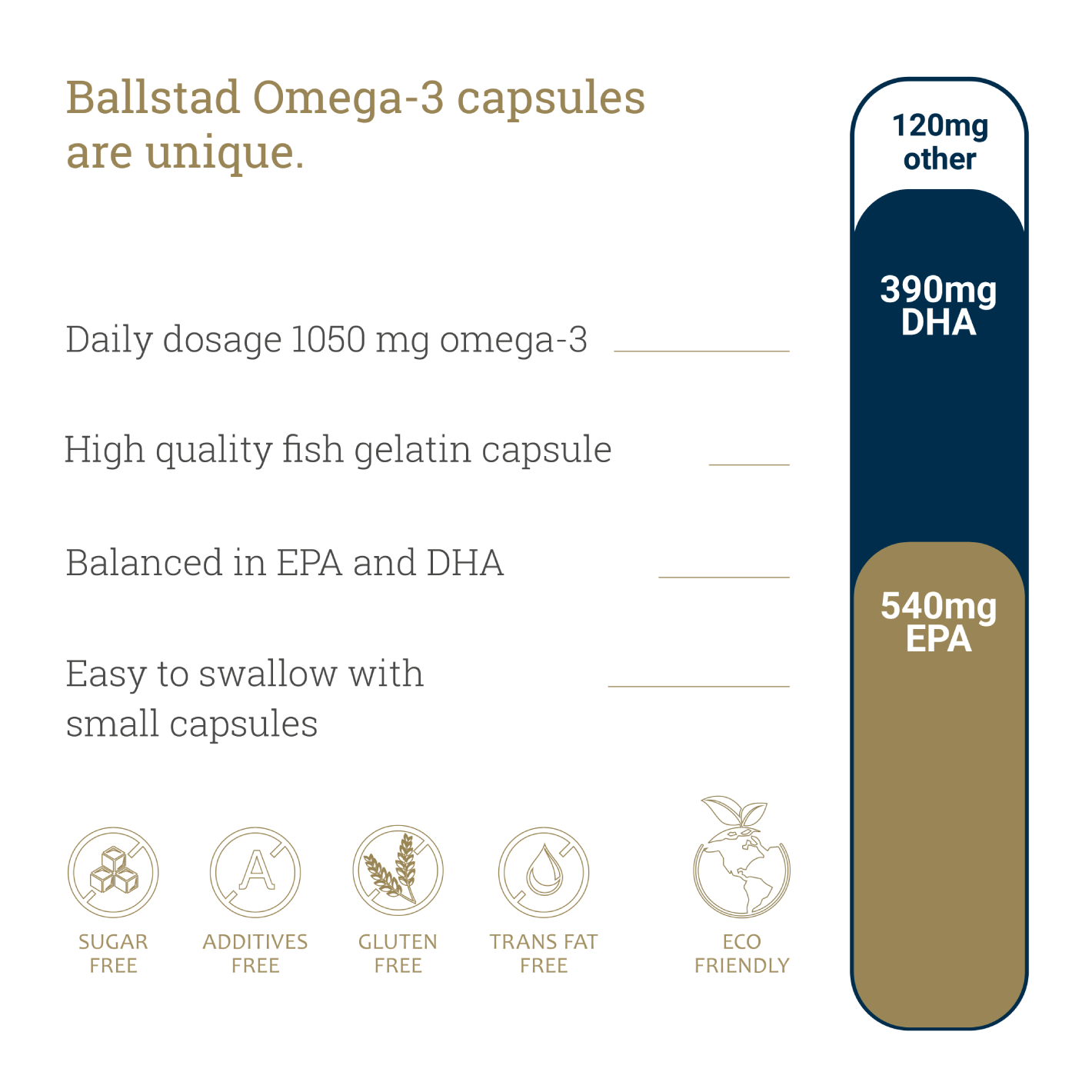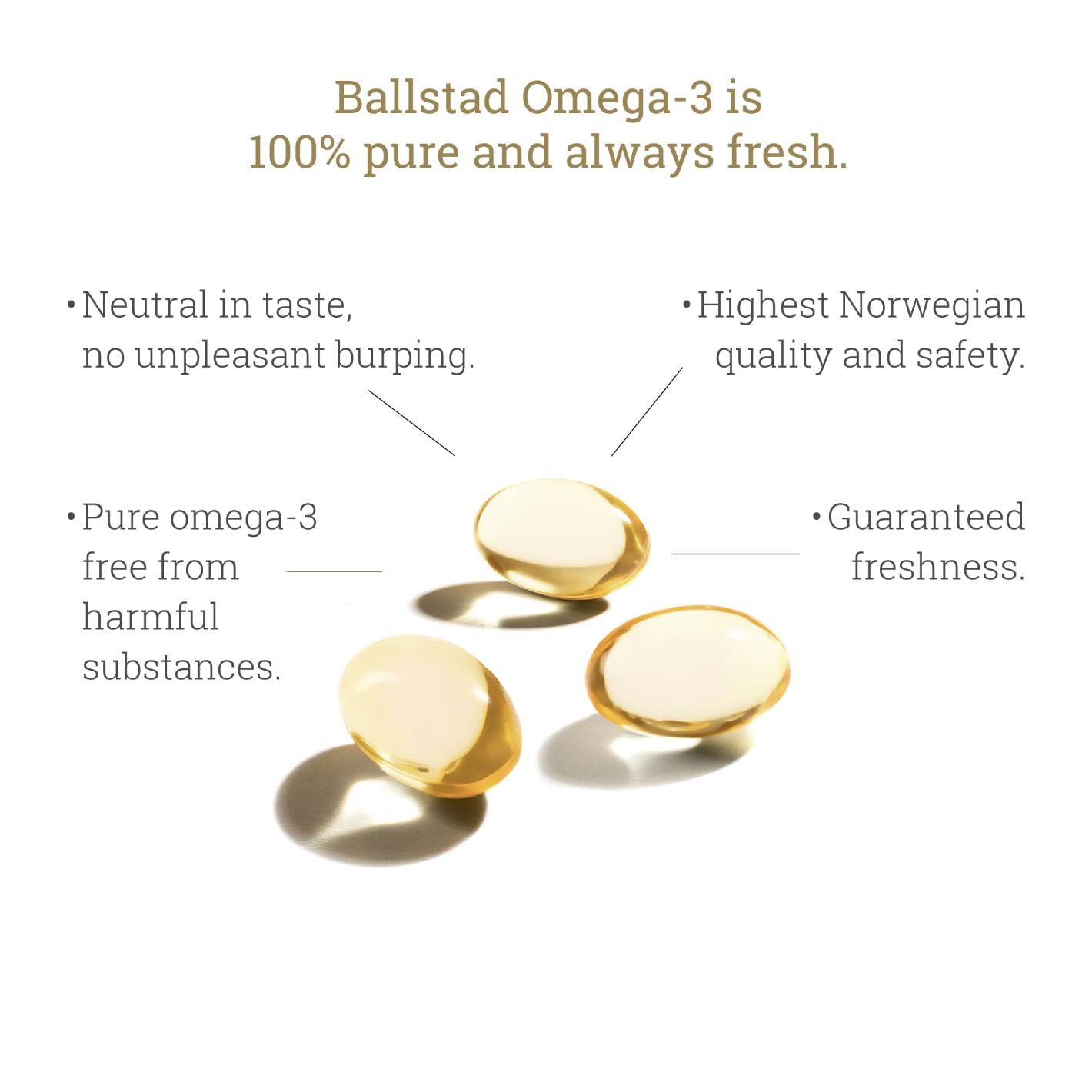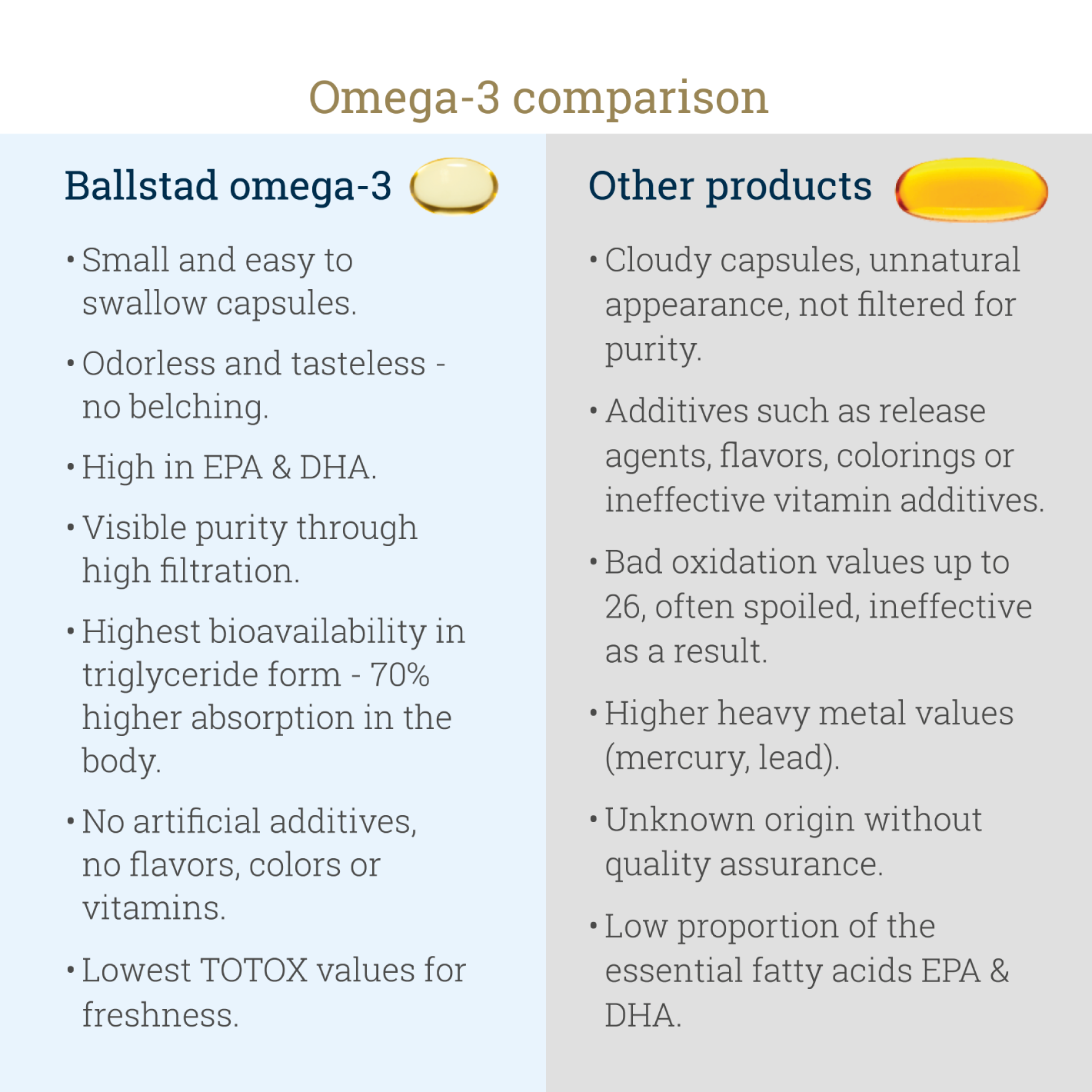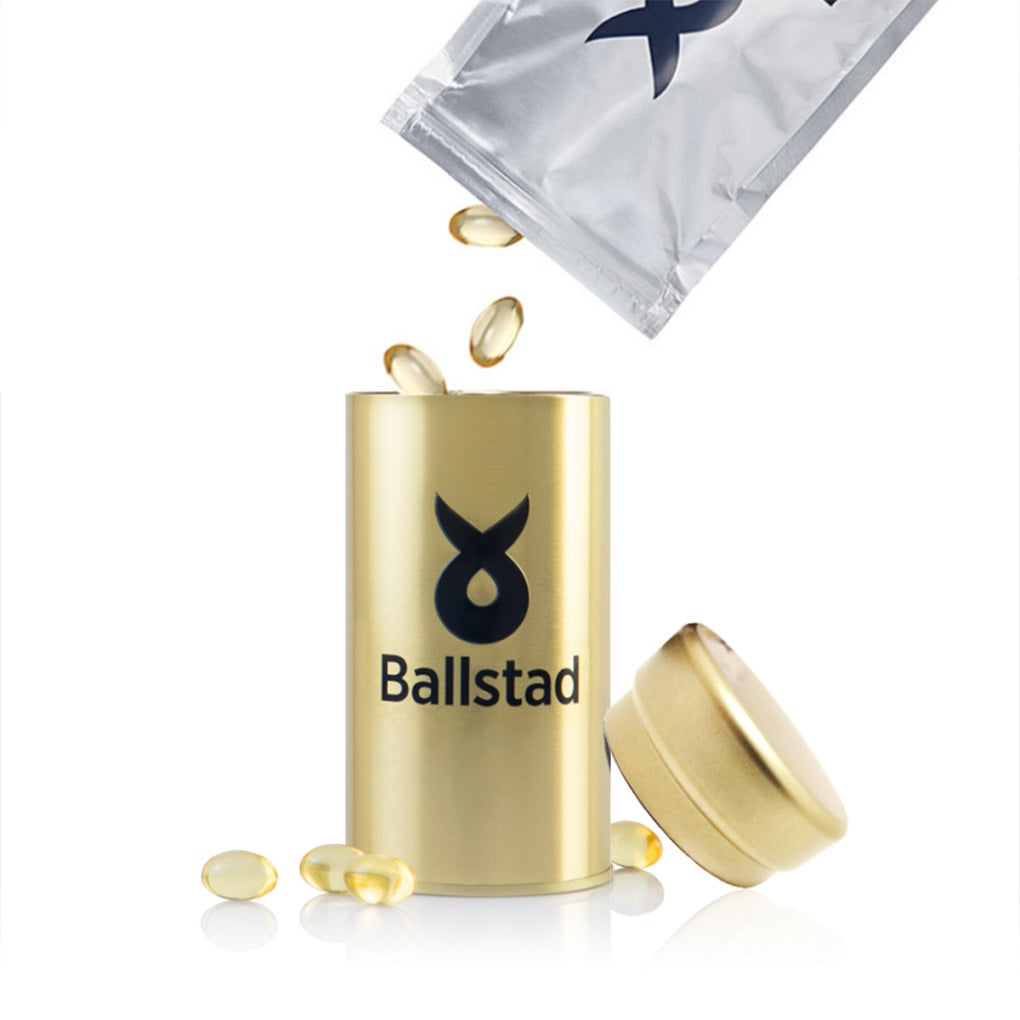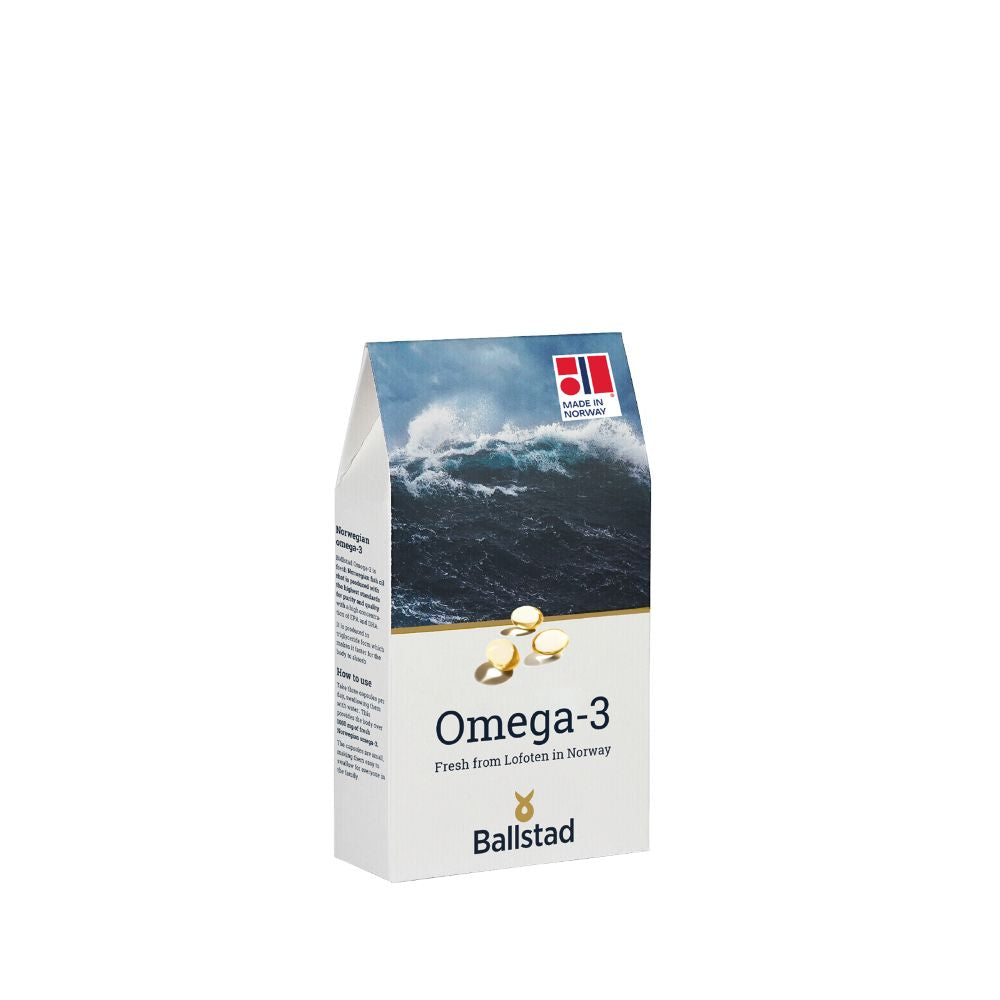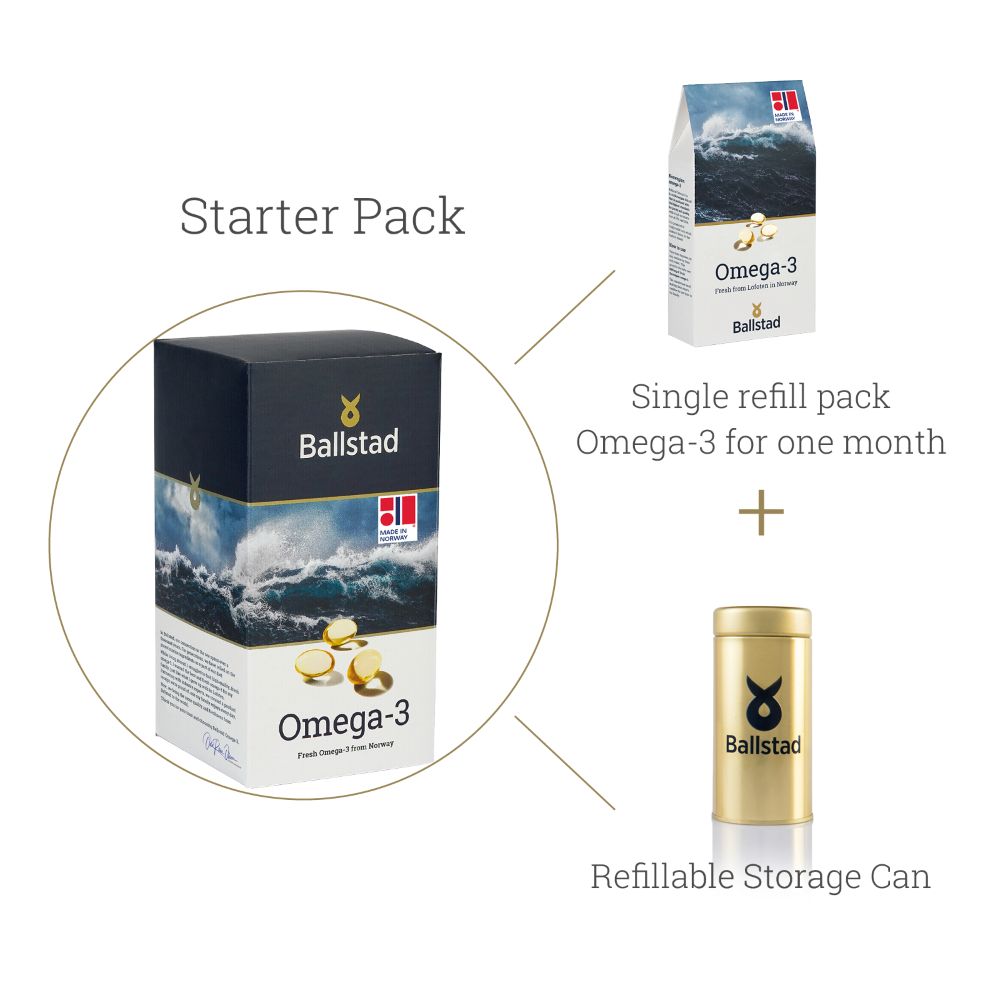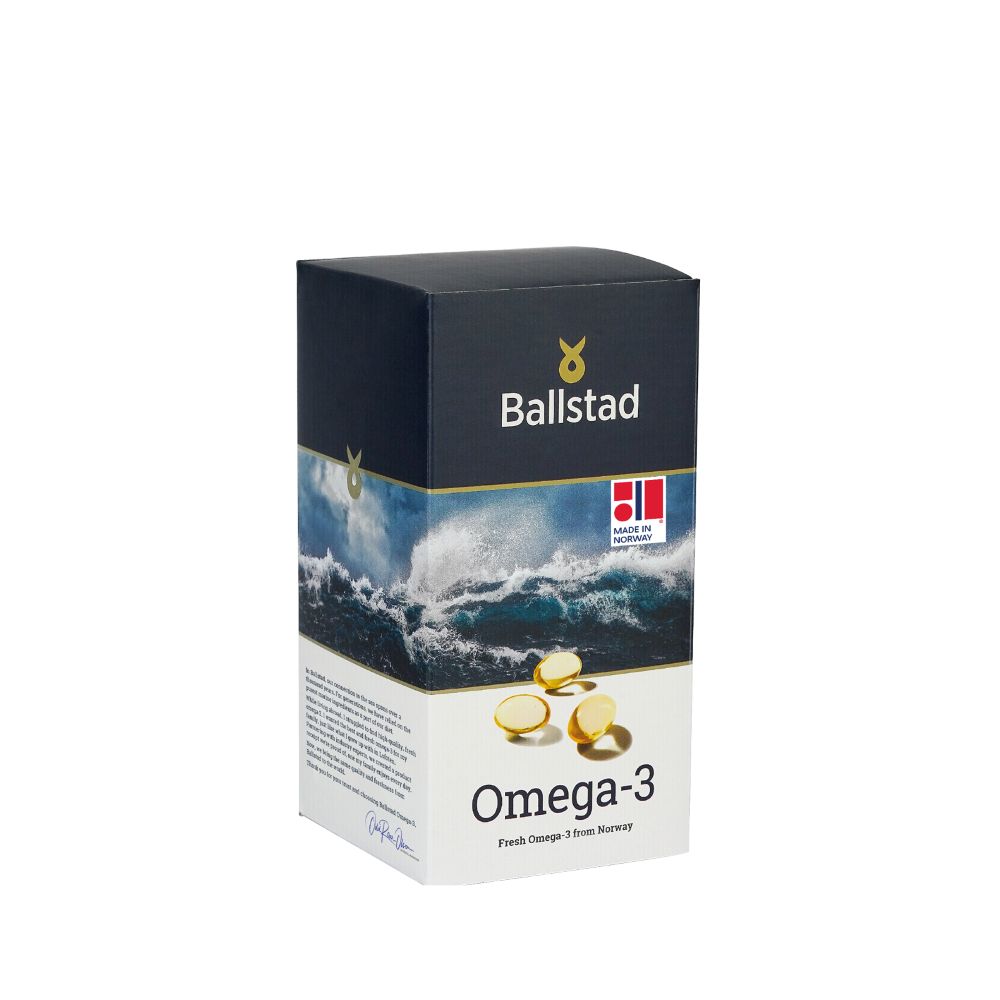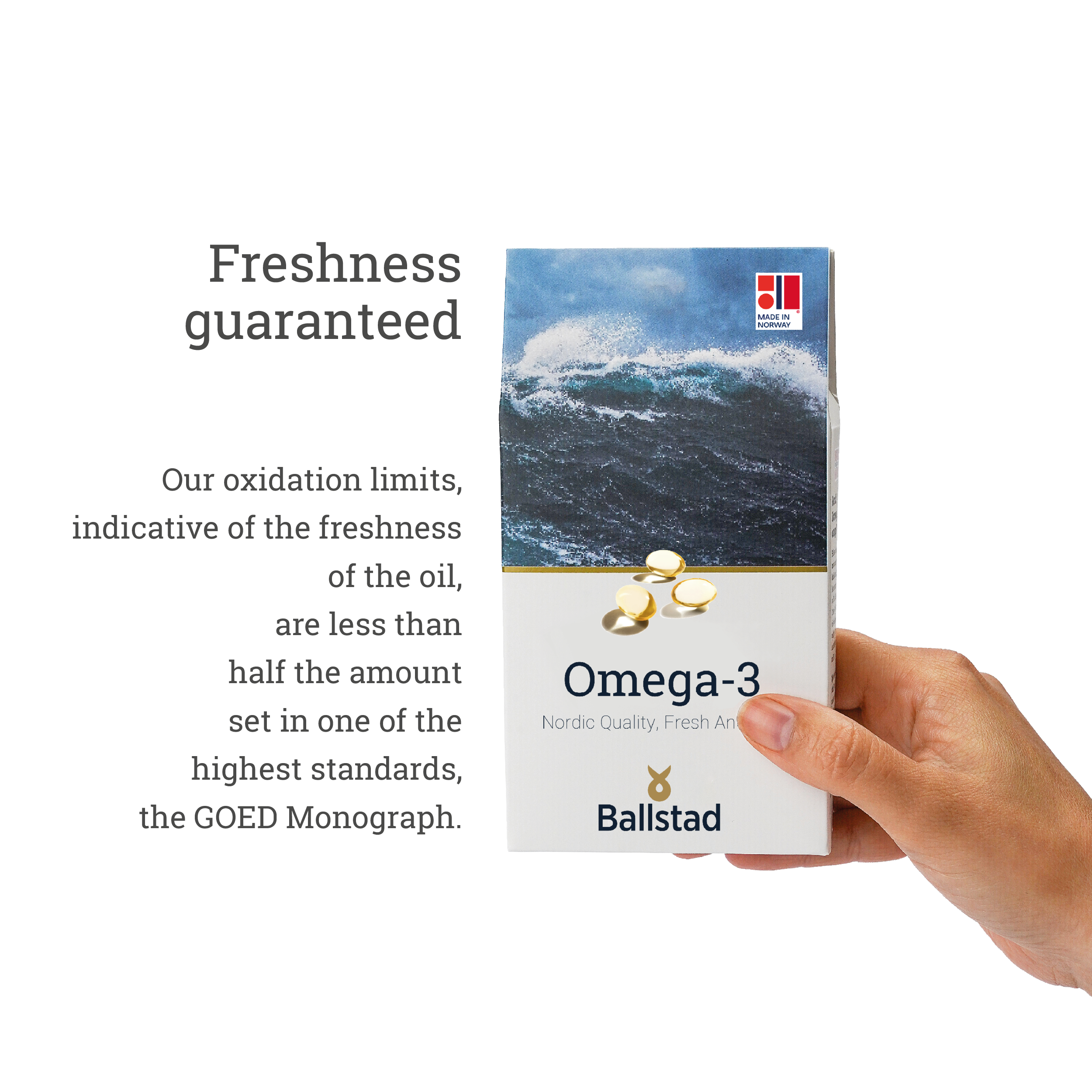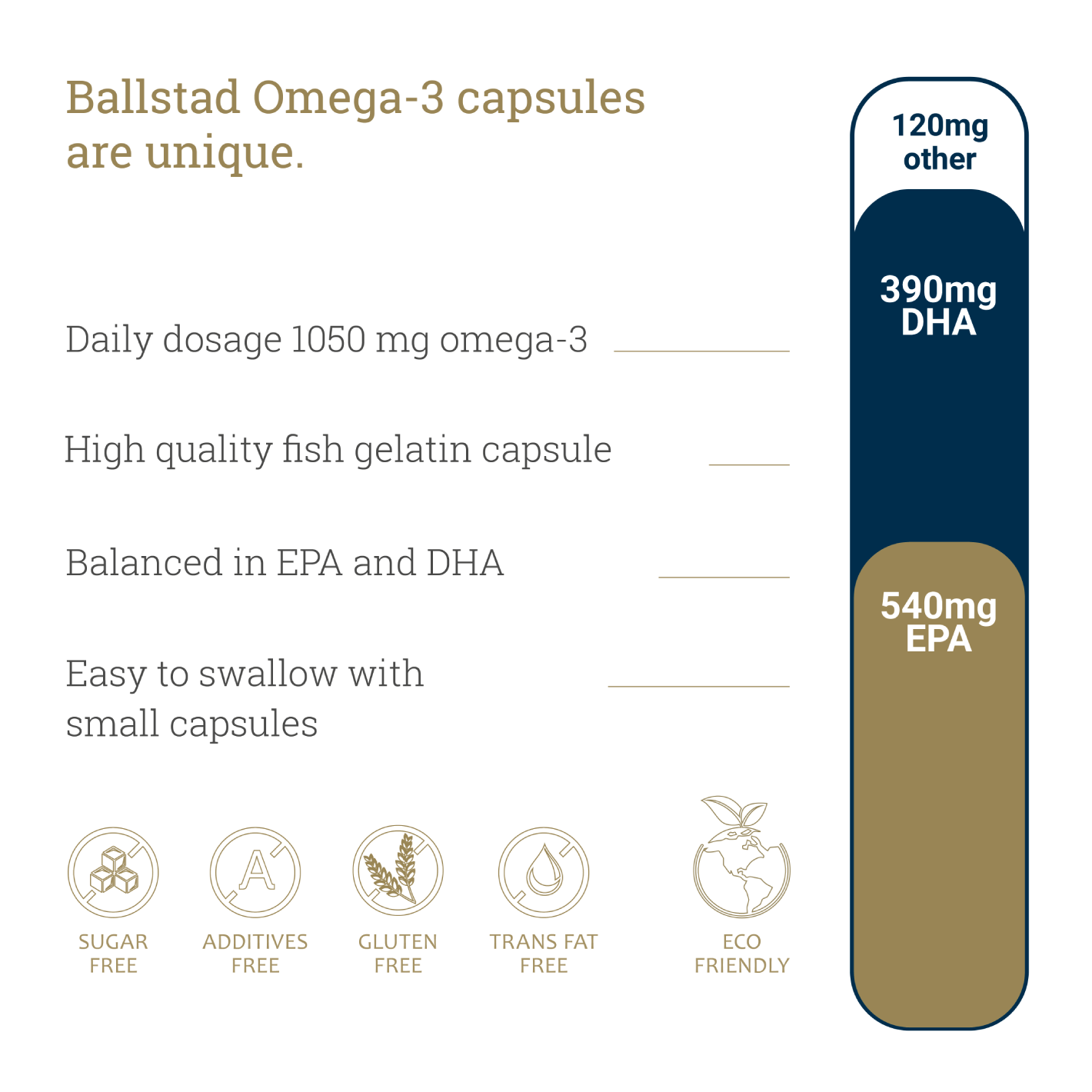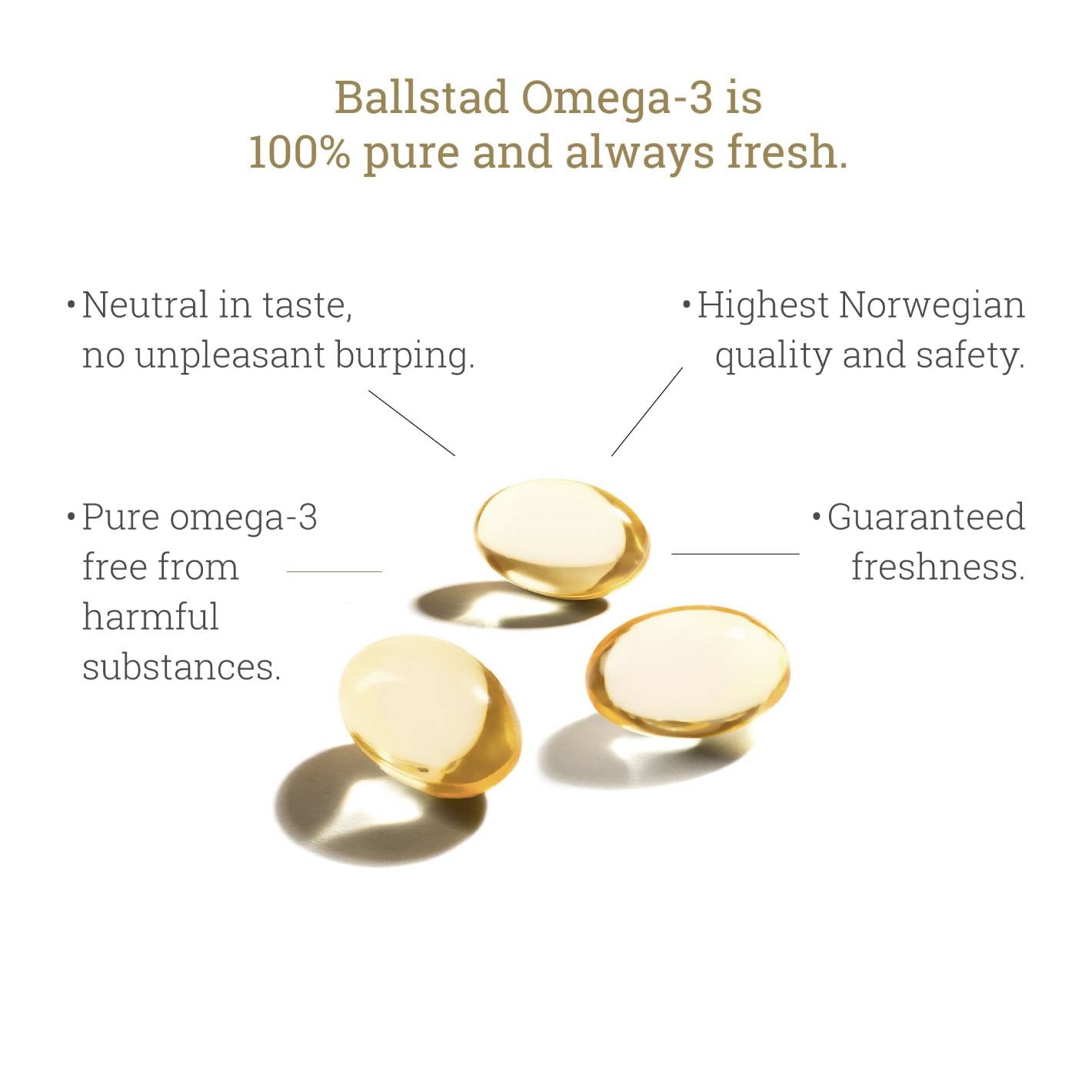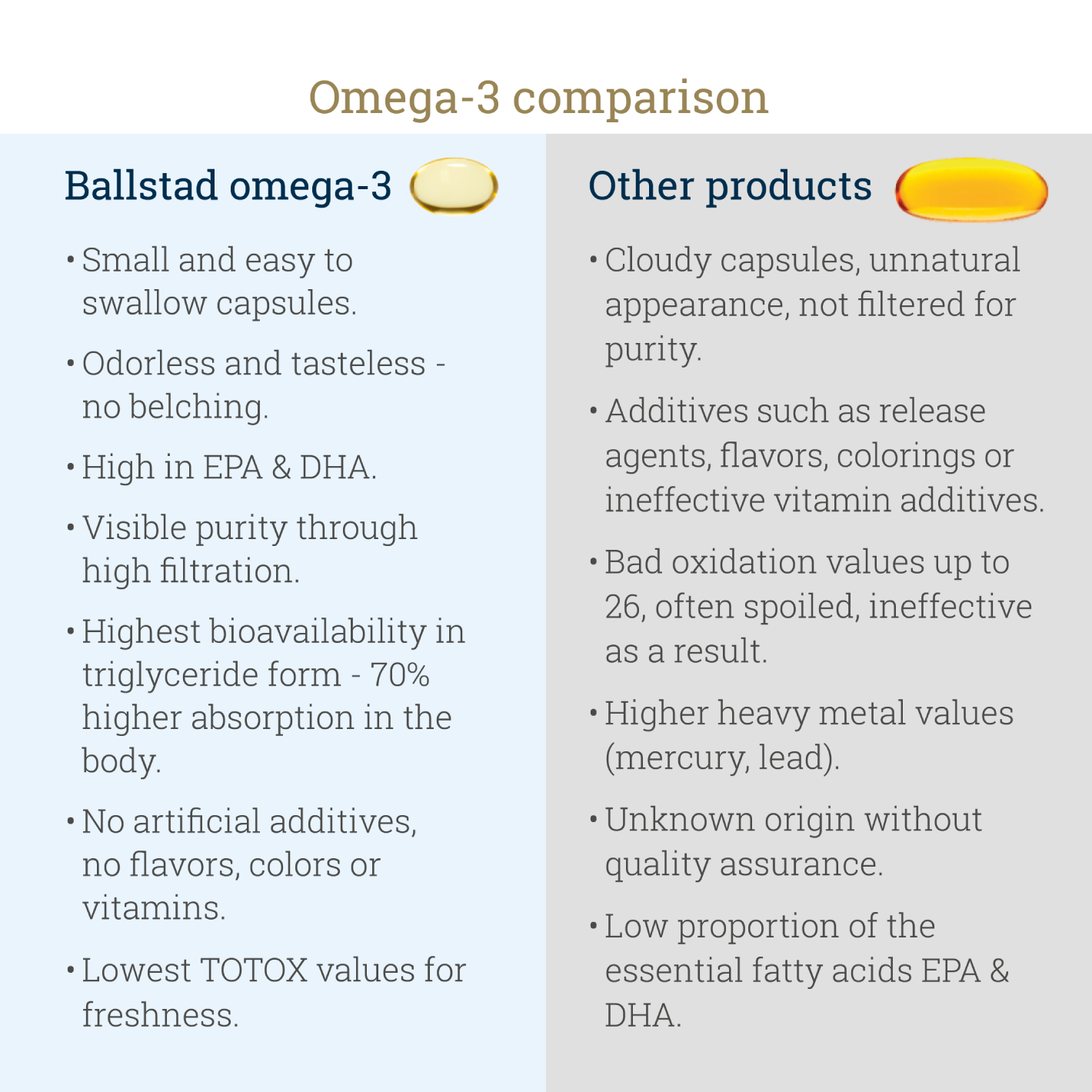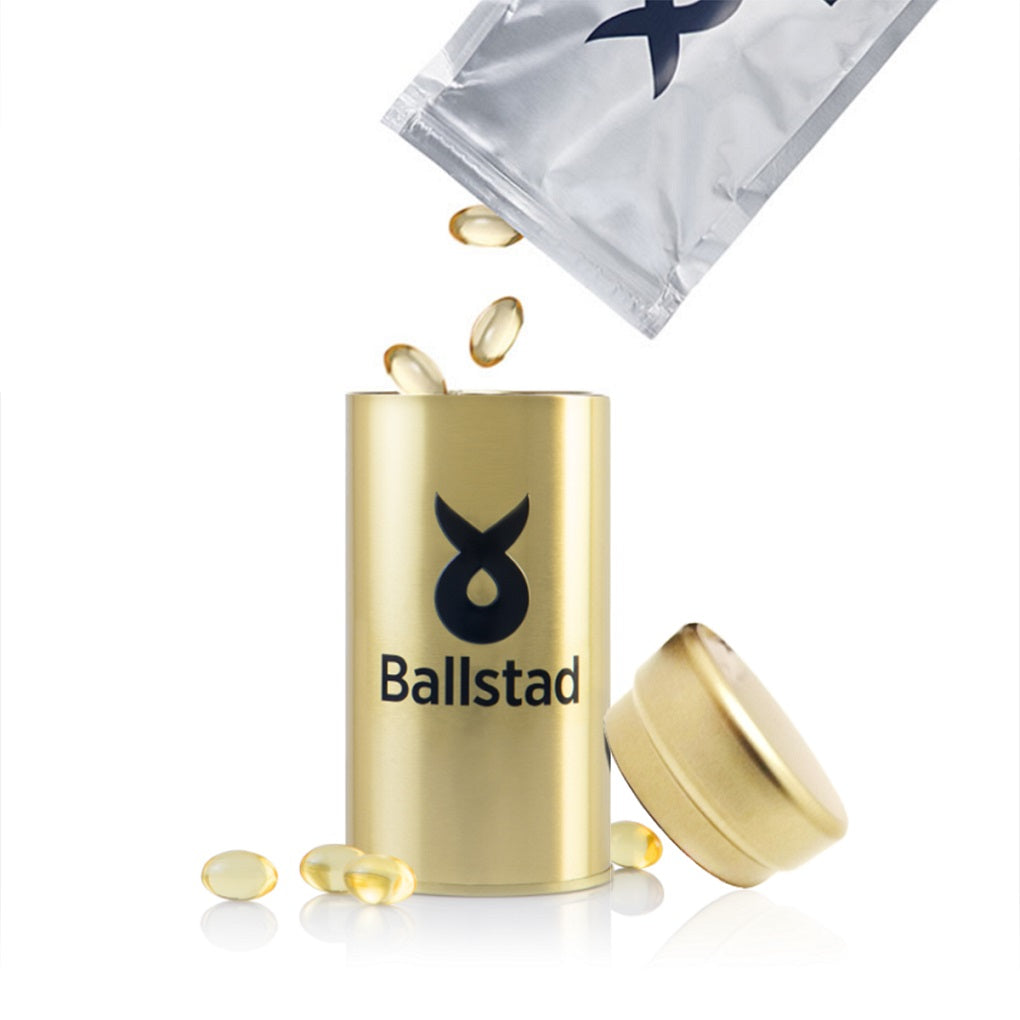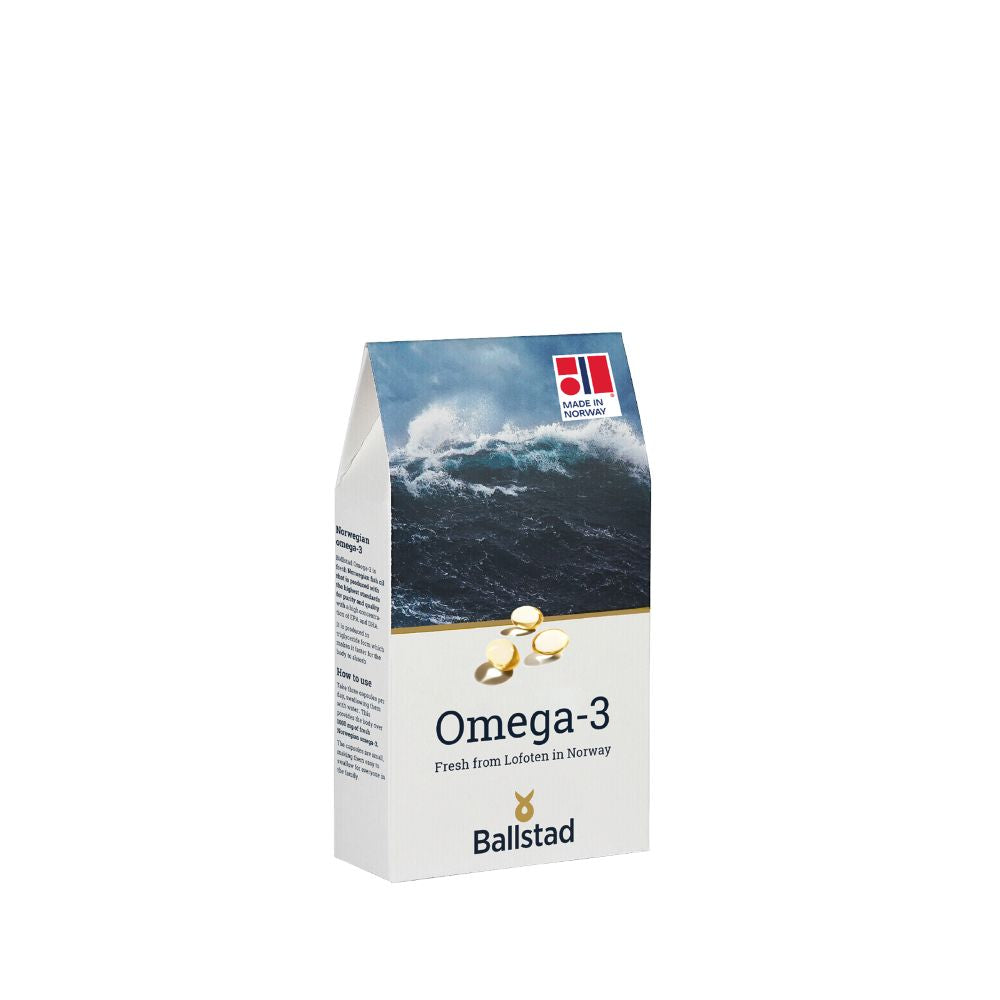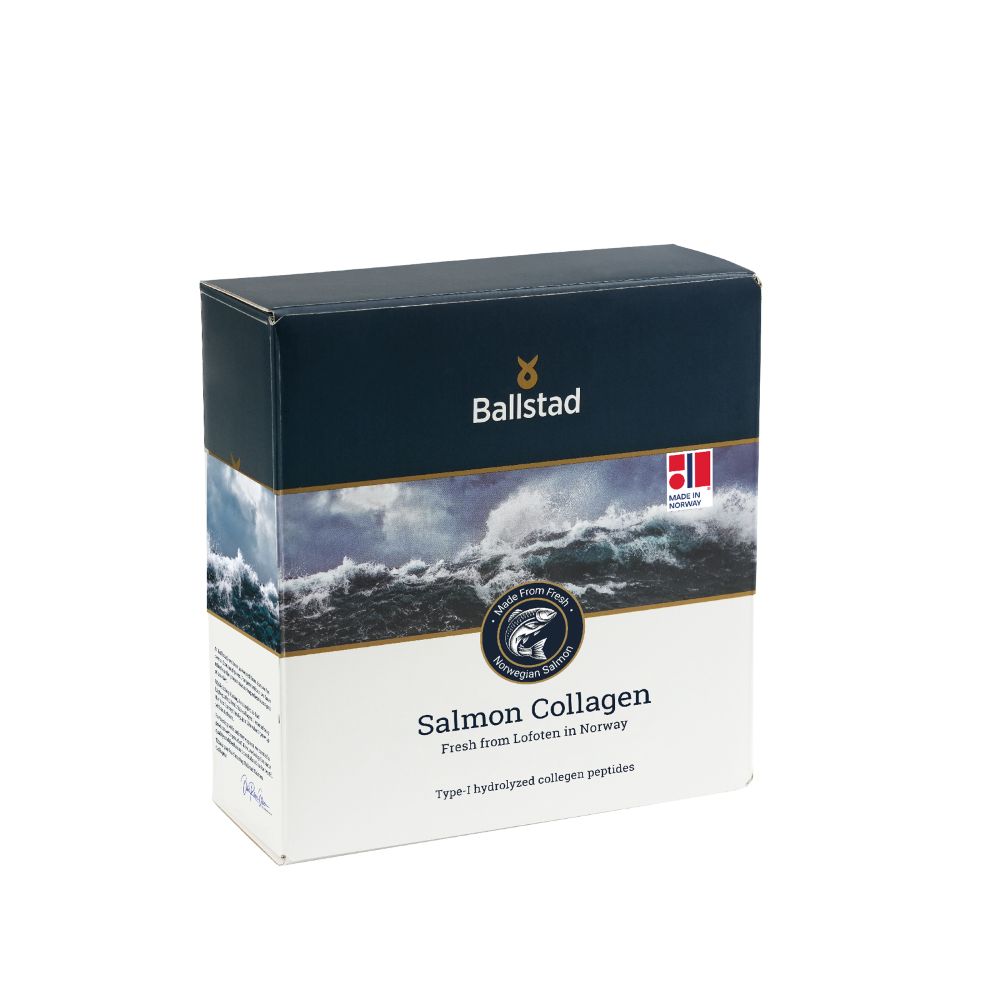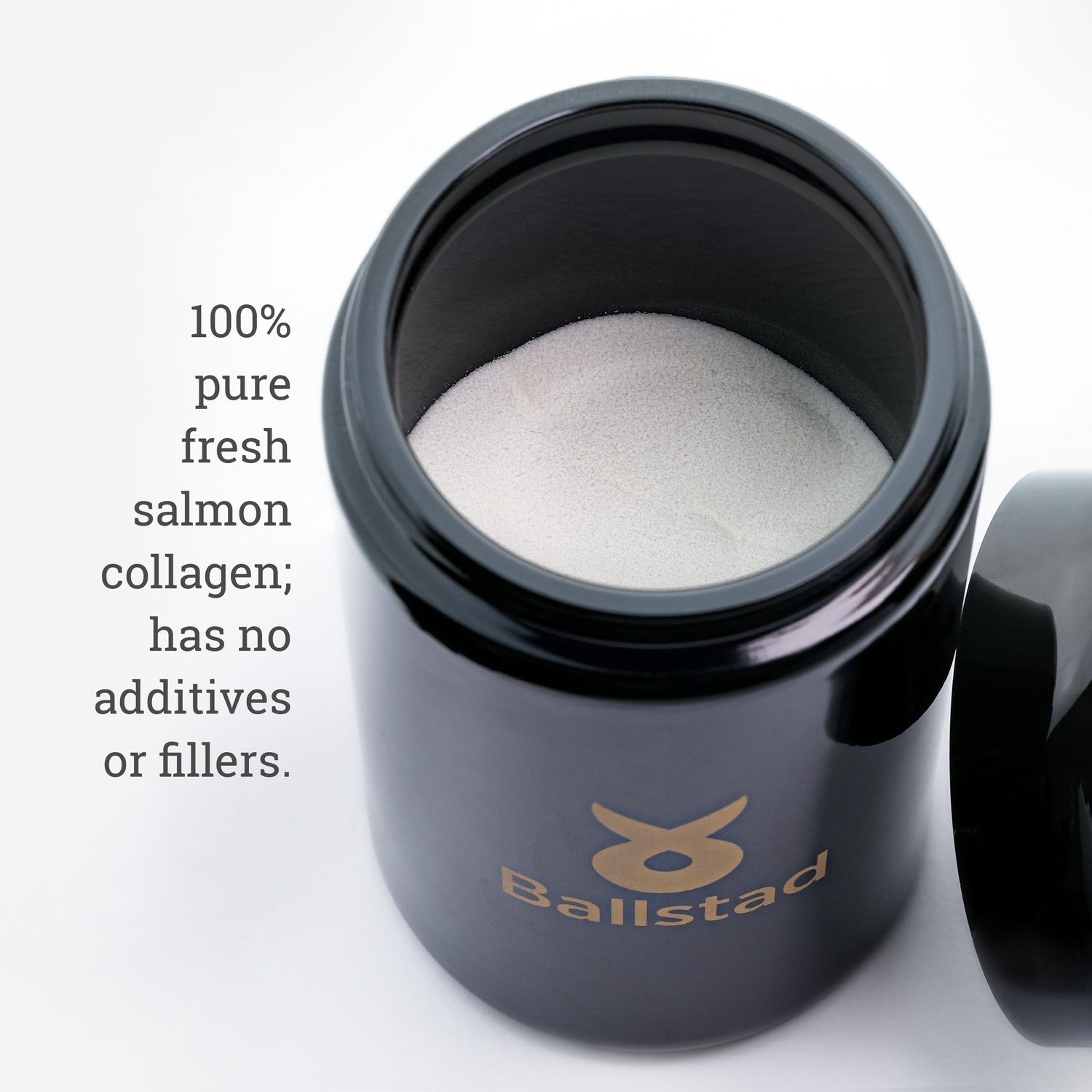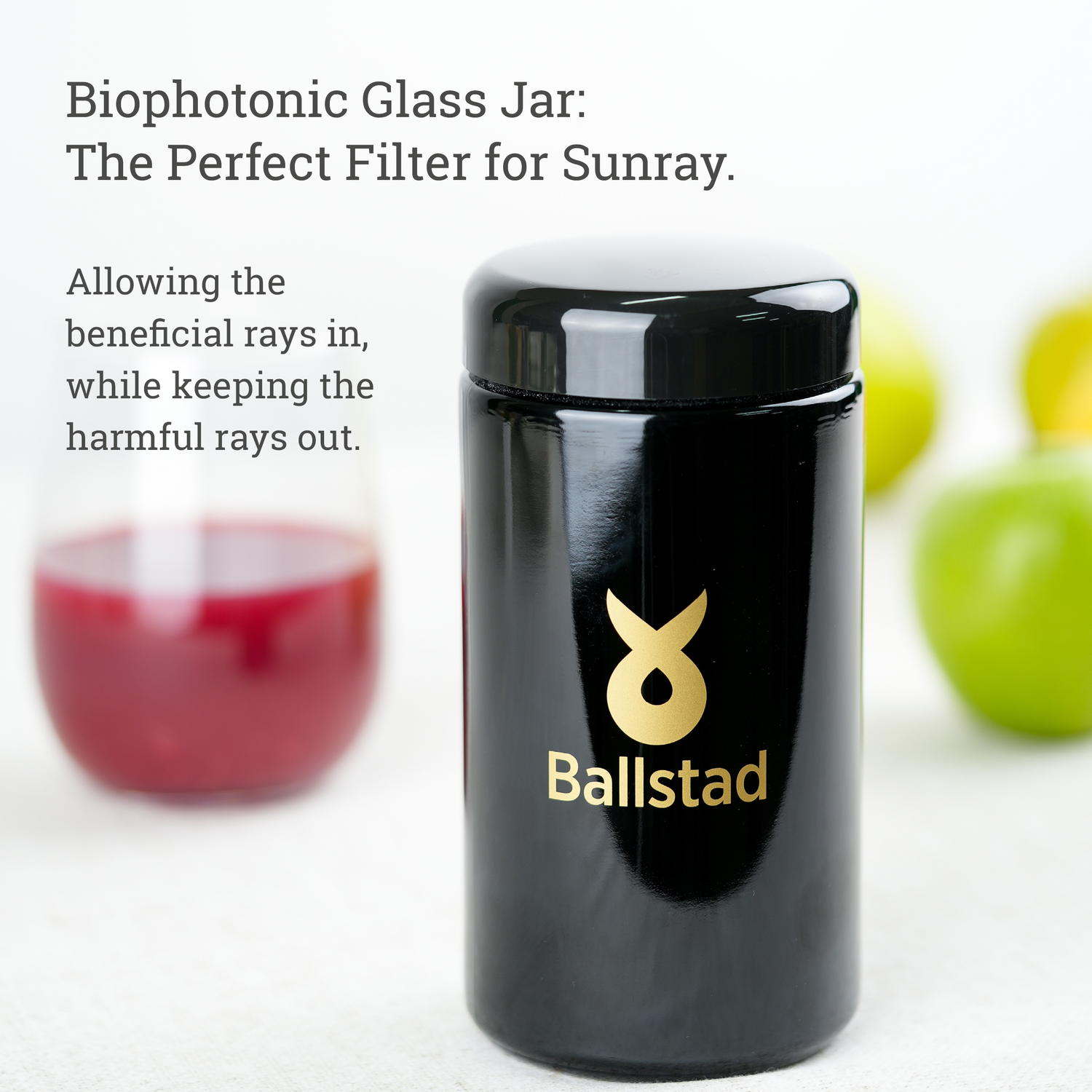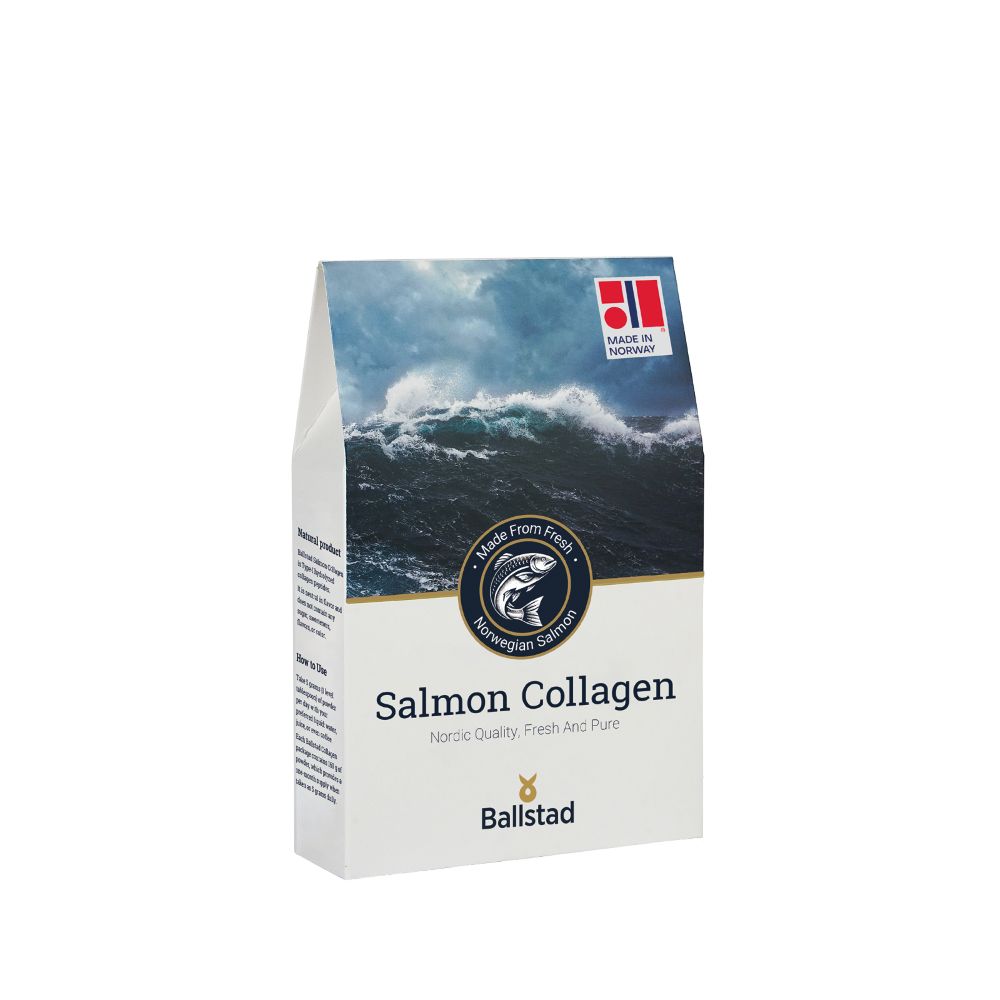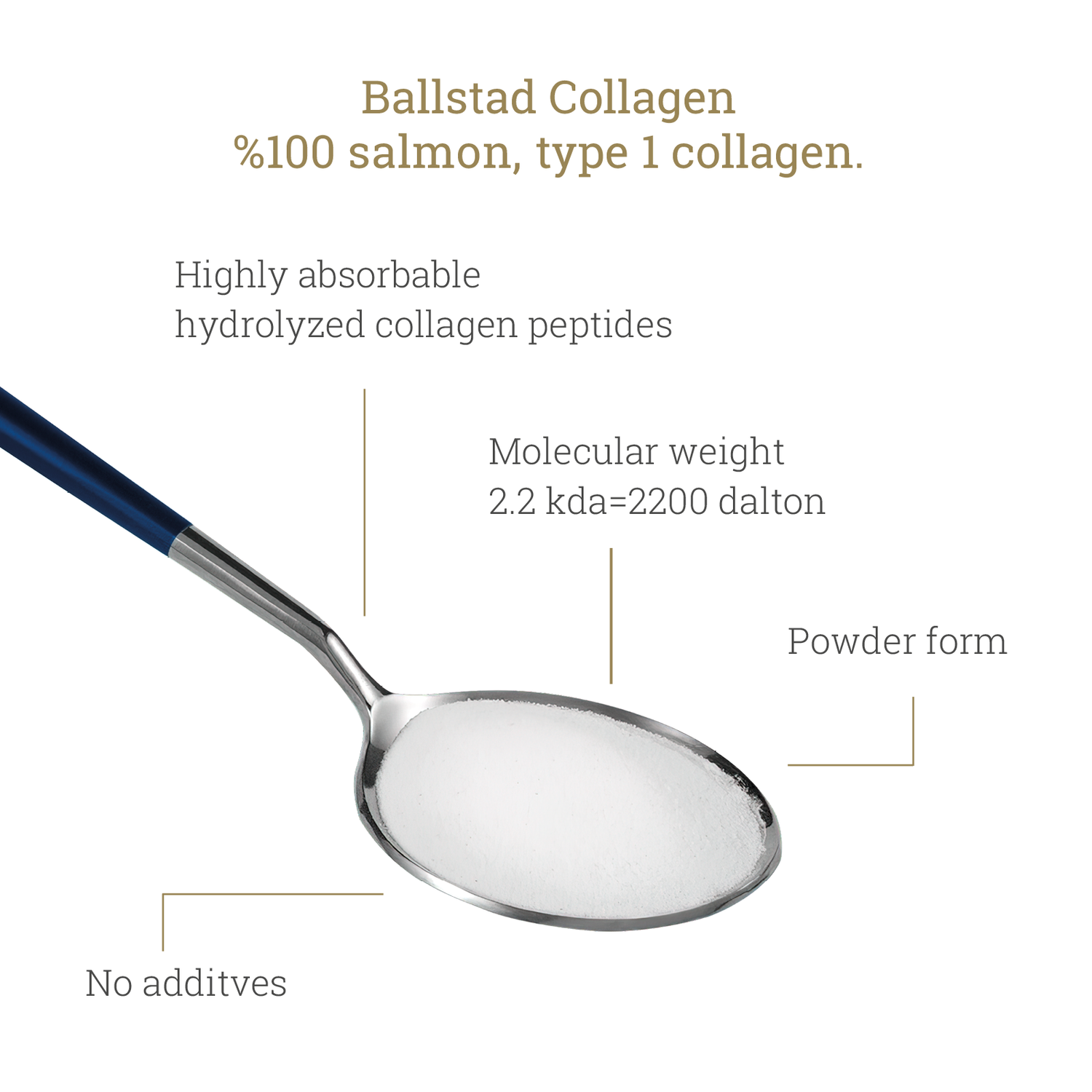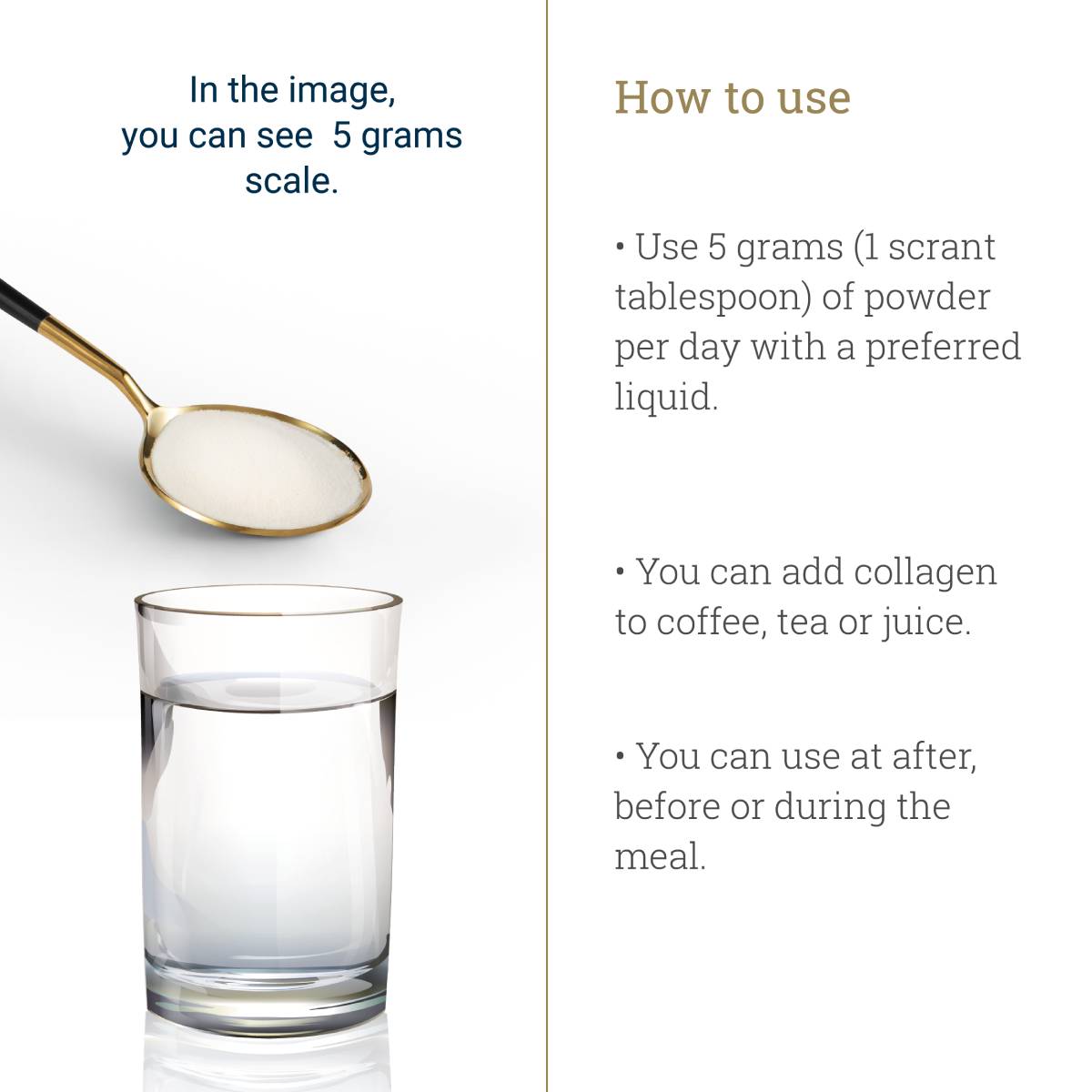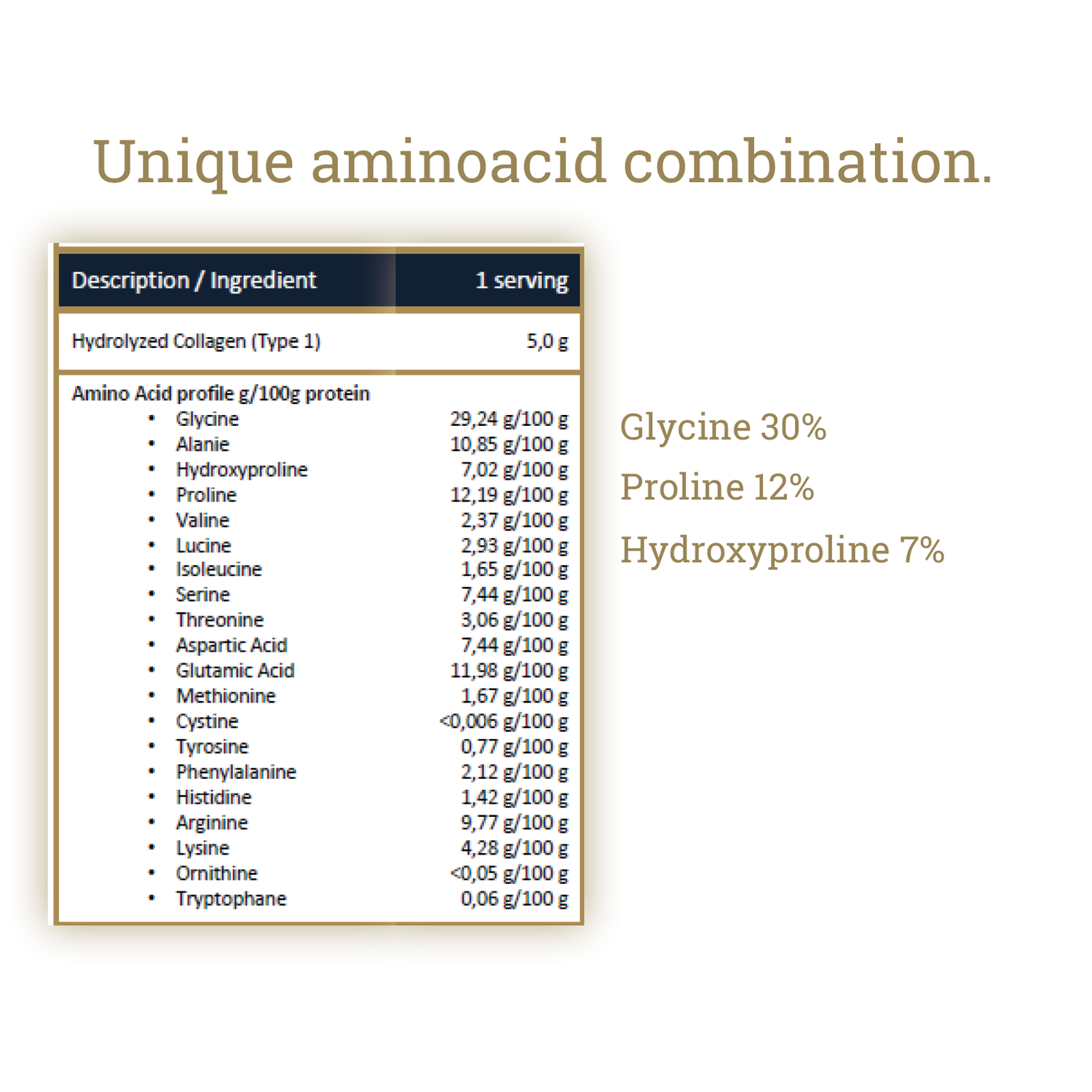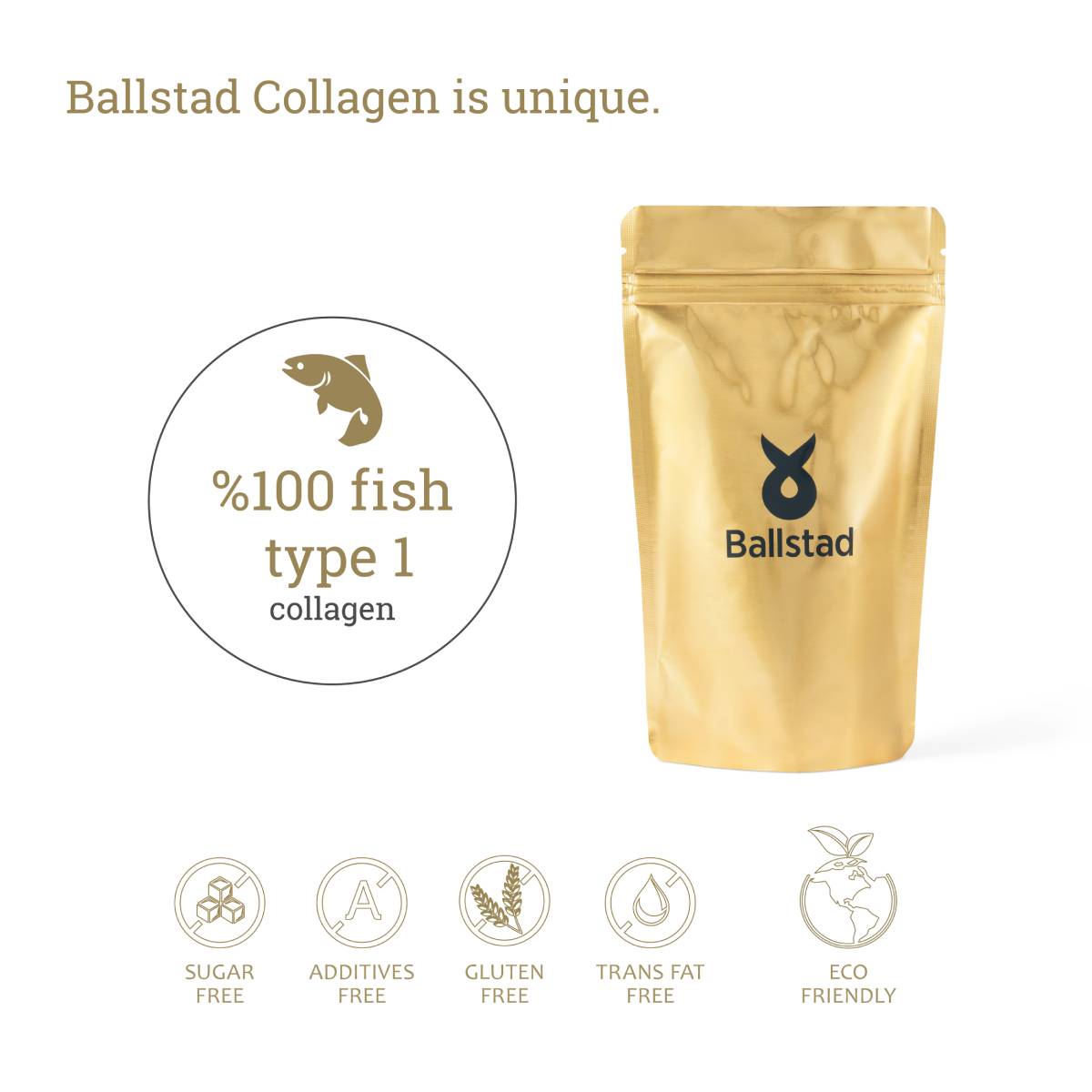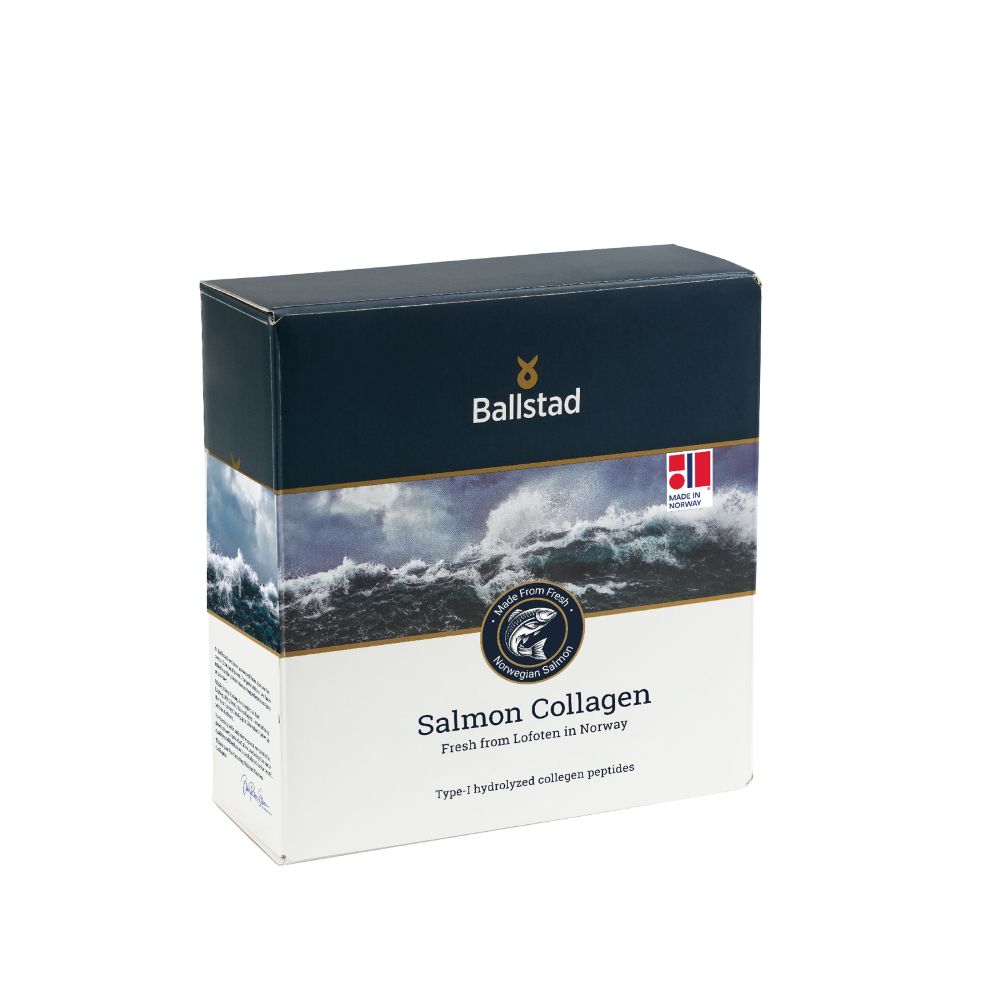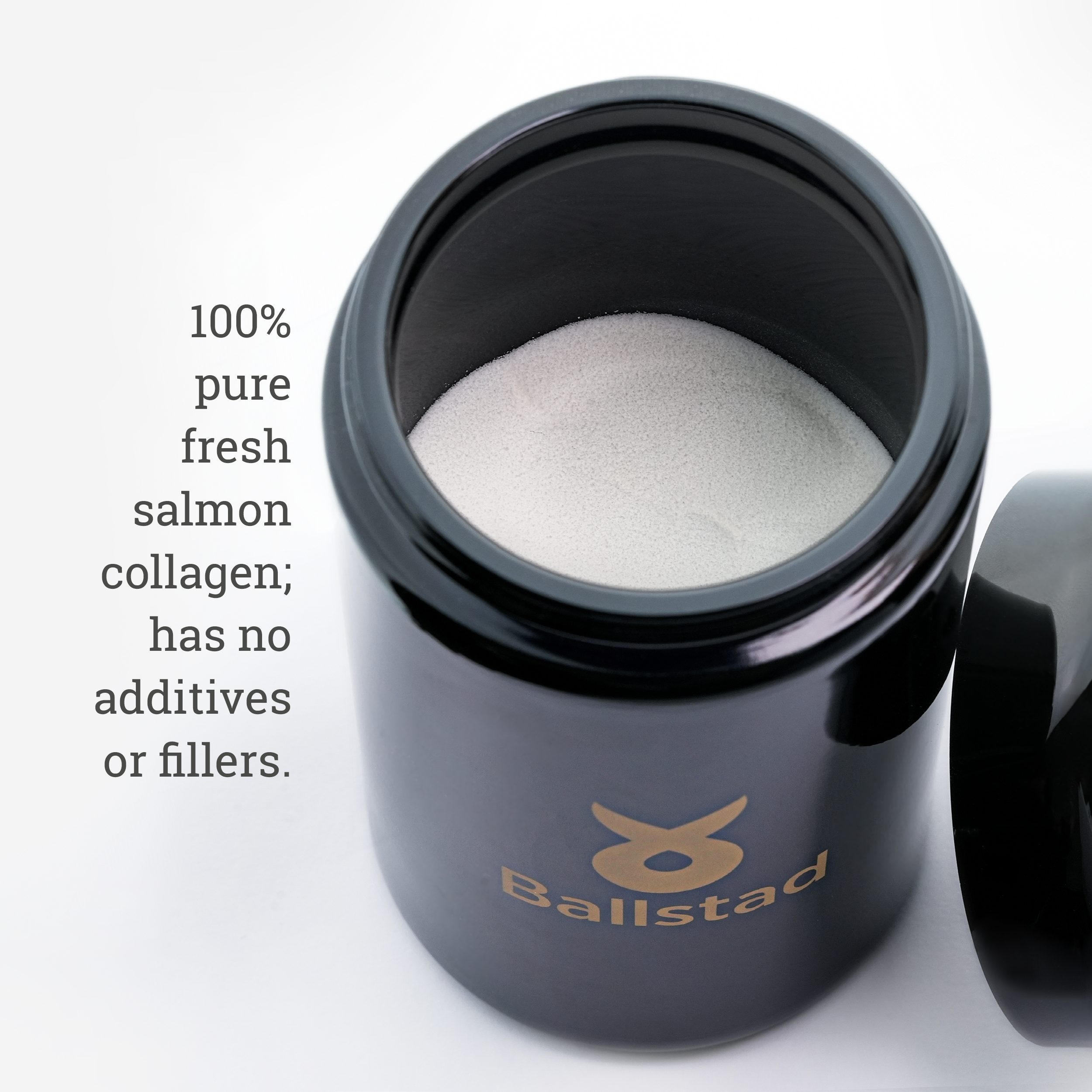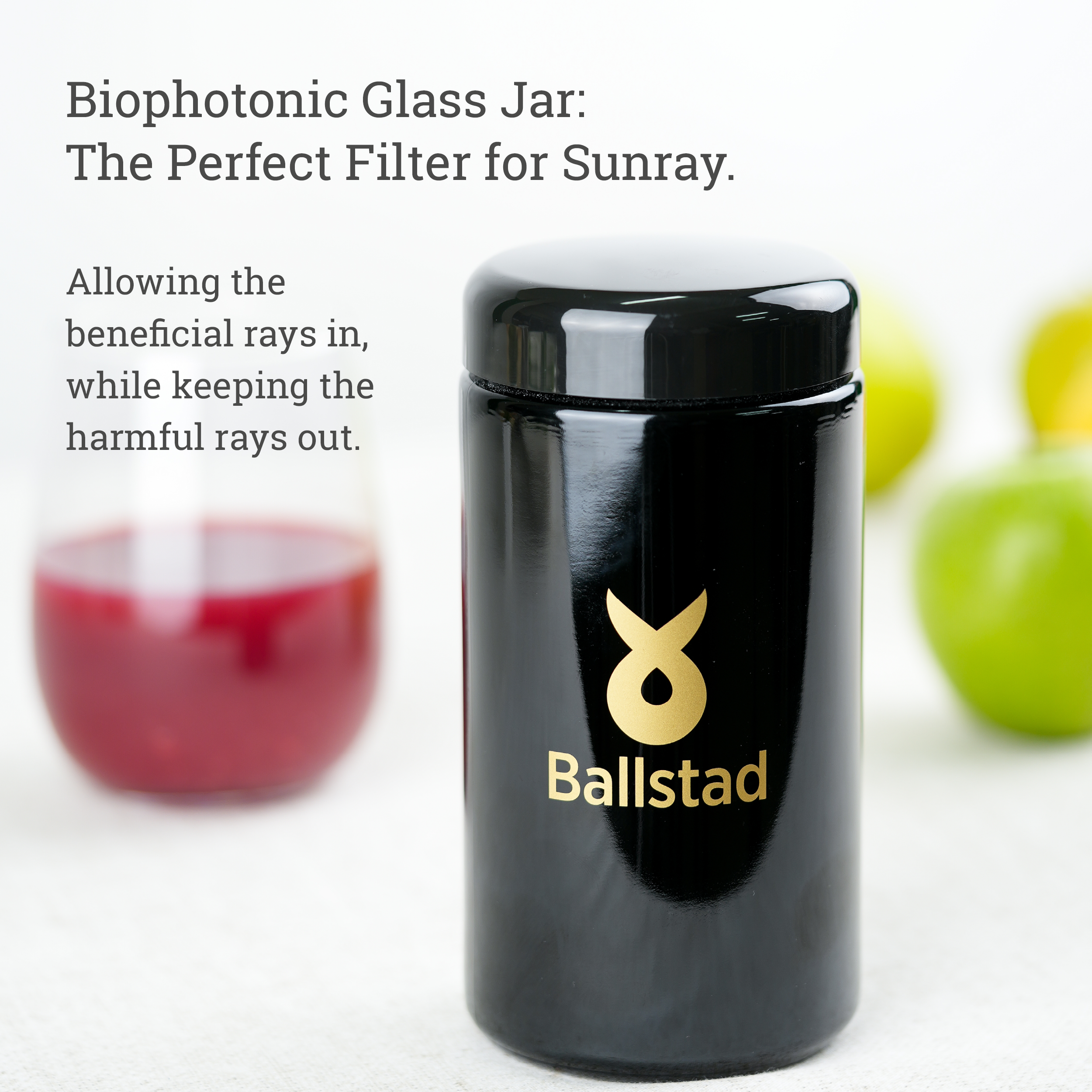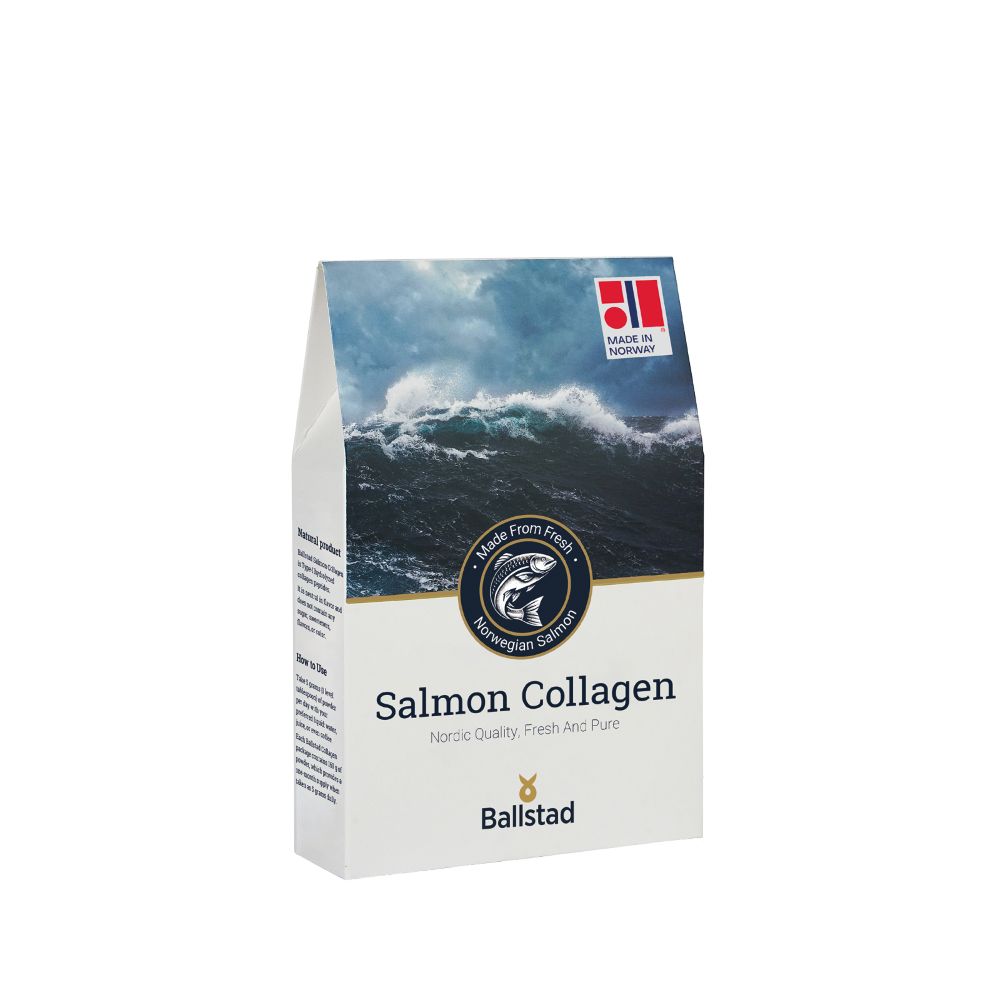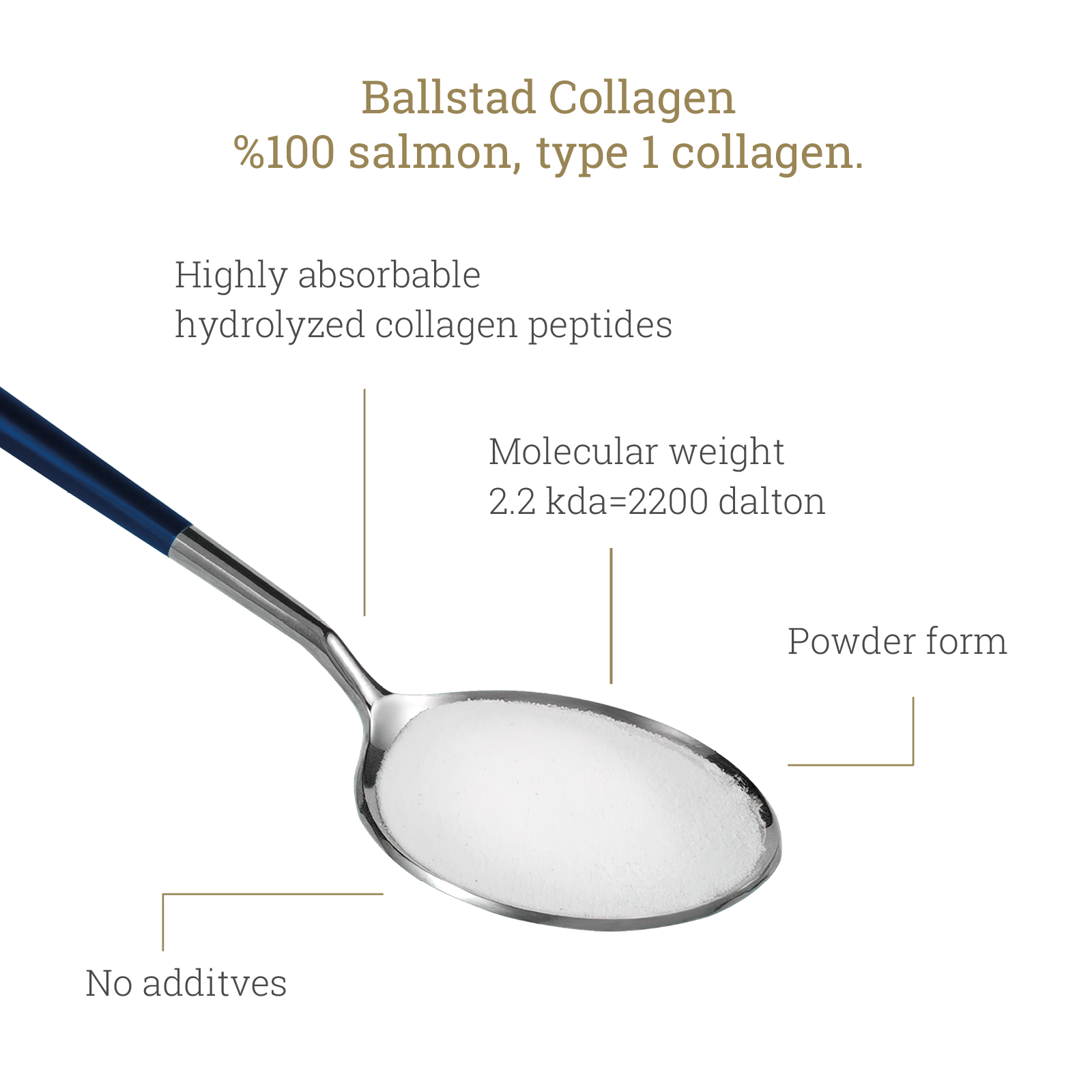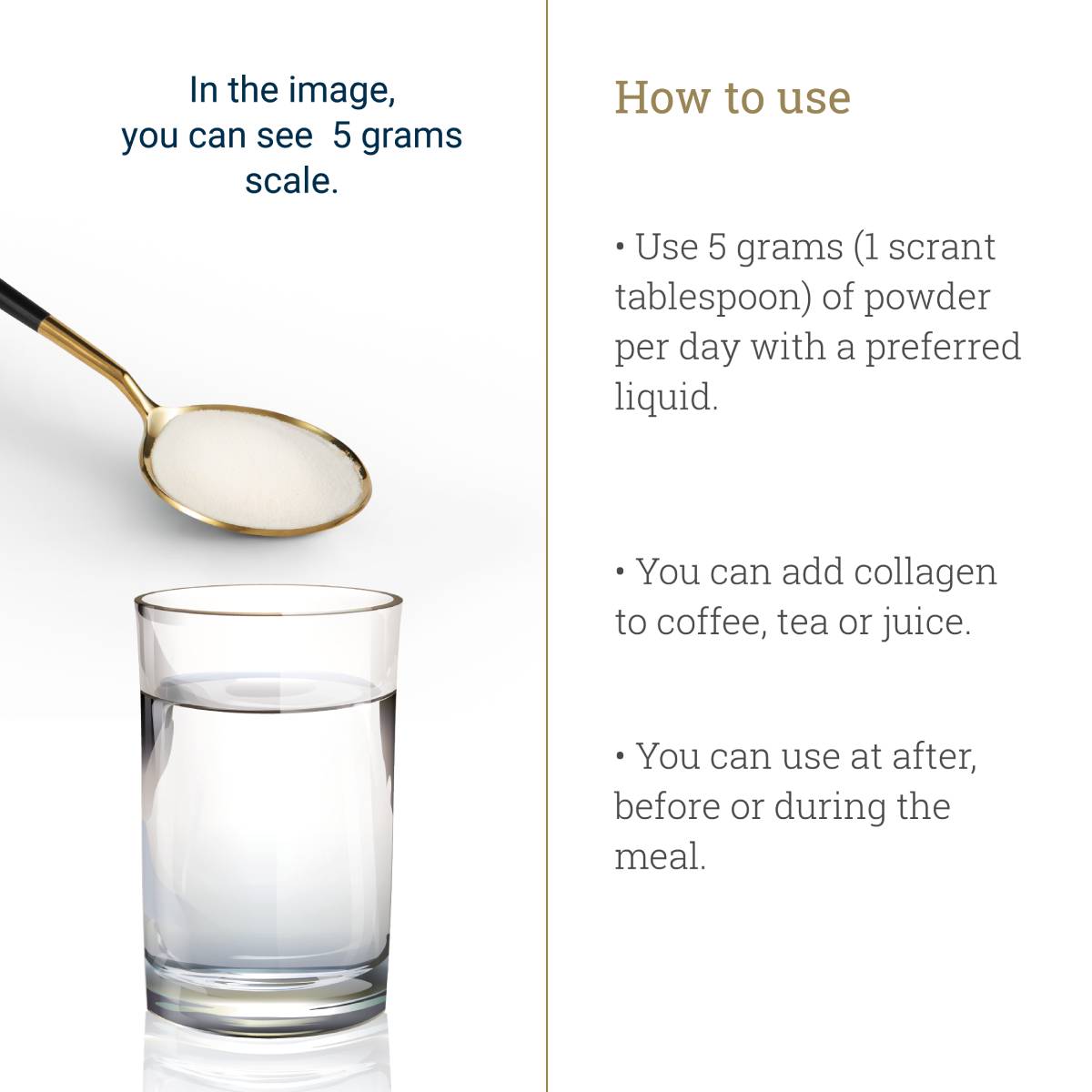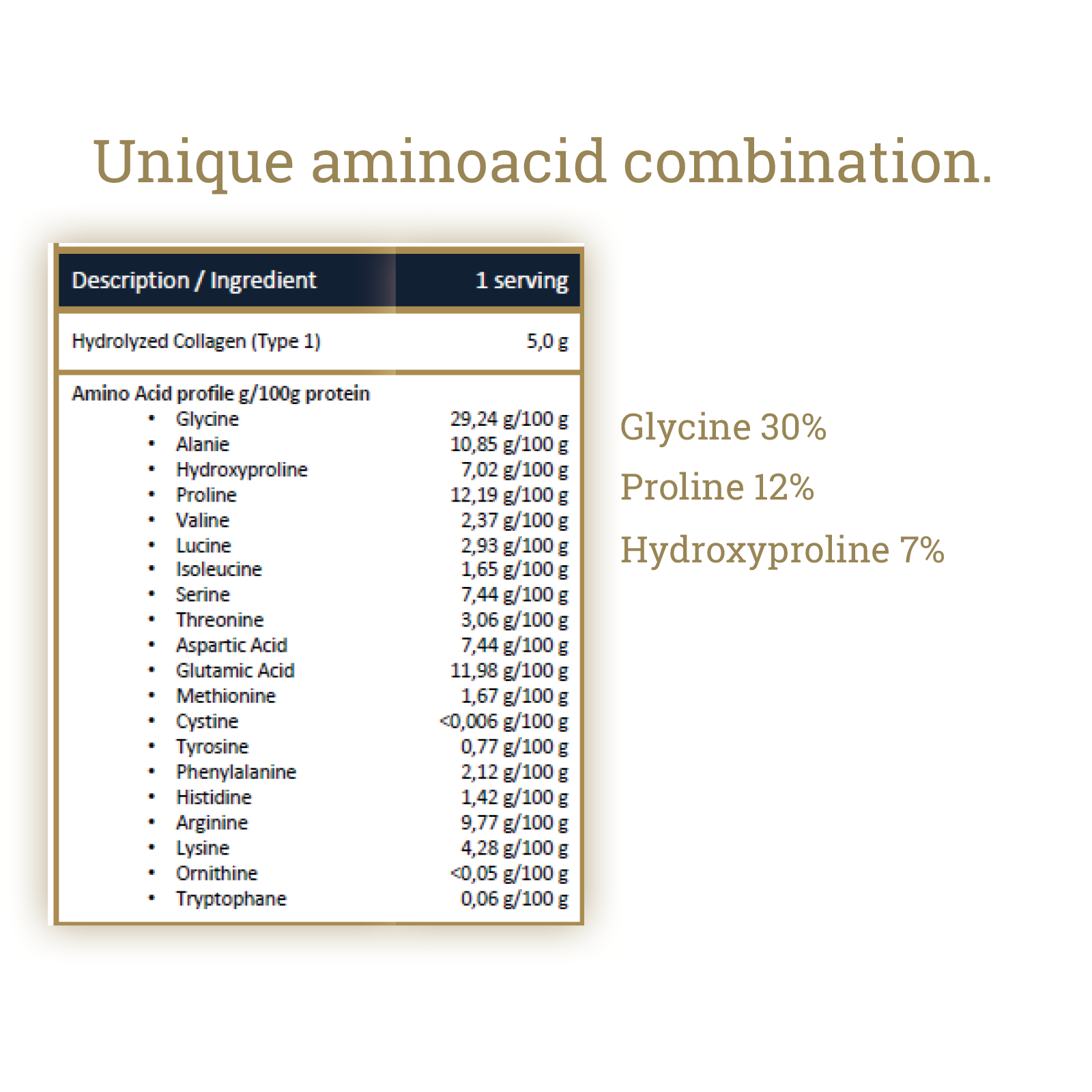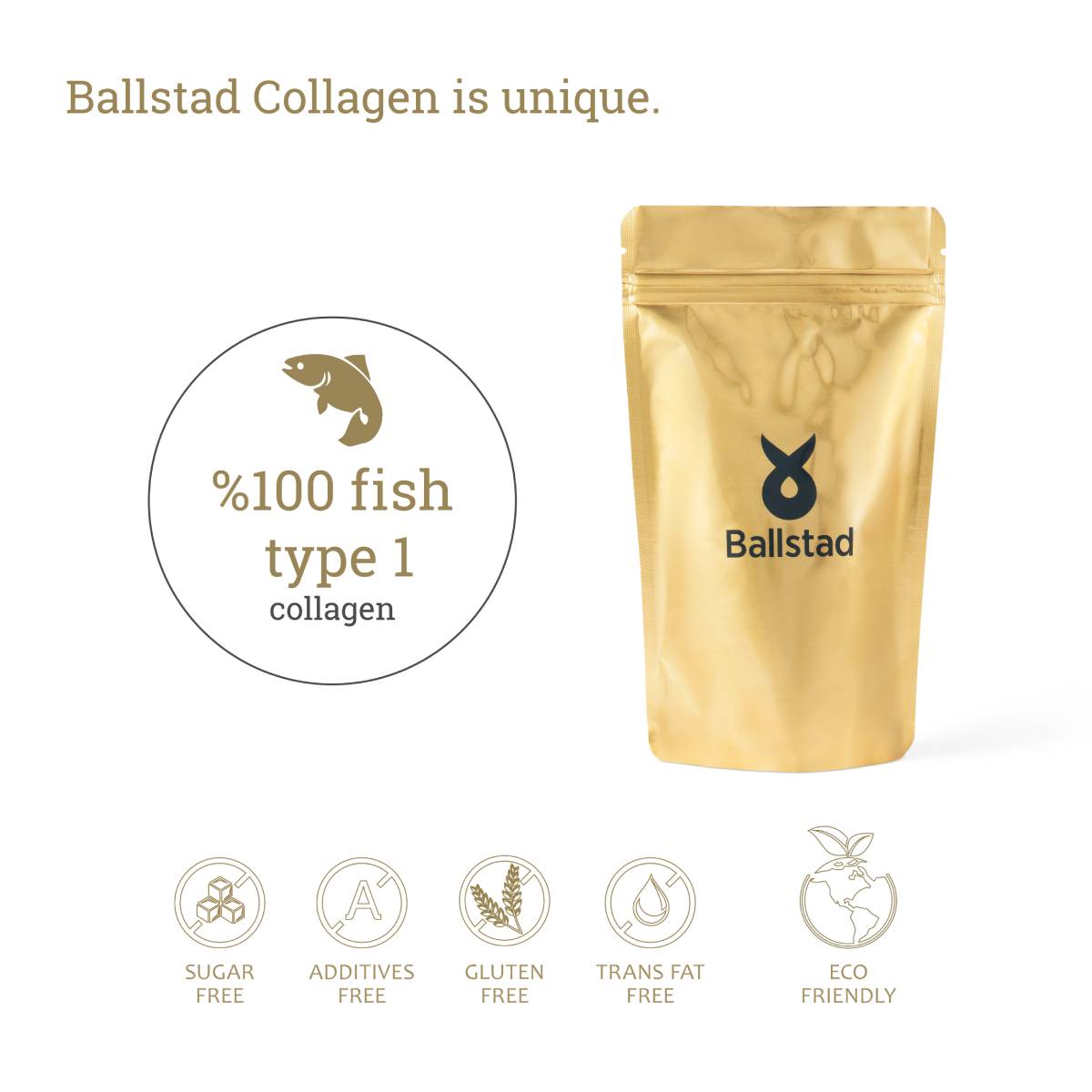If you’ve shopped for collagen supplements, you’ve probably seen the phrase “low molecular weight” pop up on some labels. It sounds scientific, but what does it actually mean—and why should you care?
In simple terms, molecular weight refers to the size of collagen particles after they’ve been broken down through hydrolysis. Smaller particles are easier for your body to absorb, which means you get more noticeable benefits from your supplement.
What Low Molecular Weight Really Means
Collagen in its natural form is too large for your digestive system to process efficiently. That’s why it’s hydrolyzed into smaller fragments known as peptides.
-
Low molecular weight peptides typically fall between 1,000–3,000 Daltons.
-
At this size, they can pass through the intestinal wall, enter the bloodstream more effectively, and travel to the skin, joints, bones, and connective tissues where collagen is needed most.
The result? Better absorption, faster results, and greater impact compared to larger, less bioavailable collagen molecules.
Why Marine Collagen Has the Advantage
When it comes to molecular size, fish collagen naturally comes out ahead. Marine collagen peptides are generally smaller than those from bovine or porcine sources, making them more bioavailable—a fancy way of saying your body uses them more efficiently.
That’s one reason why Ballstad Salmon Collagen stands out:
-
Naturally low molecular weight for maximum absorption
-
Rich in Type I collagen, essential for skin elasticity, bone strength, and blood vessel health
-
Sustainably sourced from wild salmon in the pristine waters of Norway
-
Tasteless, odorless, and easy to blend into coffee, smoothies, or even just water
With smaller peptides, you’re not just taking collagen—you’re actually getting the benefits where your body needs them most.
How to Choose the Right Collagen
Not all collagen supplements are created equal. When selecting one, look for:
-
Transparency on molecular weight (1,000–3,000 Daltons is ideal)
-
Sustainably sourced ingredients
-
Purity (no fillers, additives, or artificial flavors)
-
Clinical testing or research-backed claims
A low molecular weight collagen supplement ensures you’re investing in something your body can truly absorb and use—rather than wasting potential benefits.
Final Thoughts: Small but Mighty
Low molecular weight peptides make all the difference in how well your body absorbs and uses this powerful protein.
For a clean, bioavailable, and effective option, Ballstad Salmon Collagen delivers on every front—helping you support glowing skin, stronger joints, and healthier bones with every scoop.

